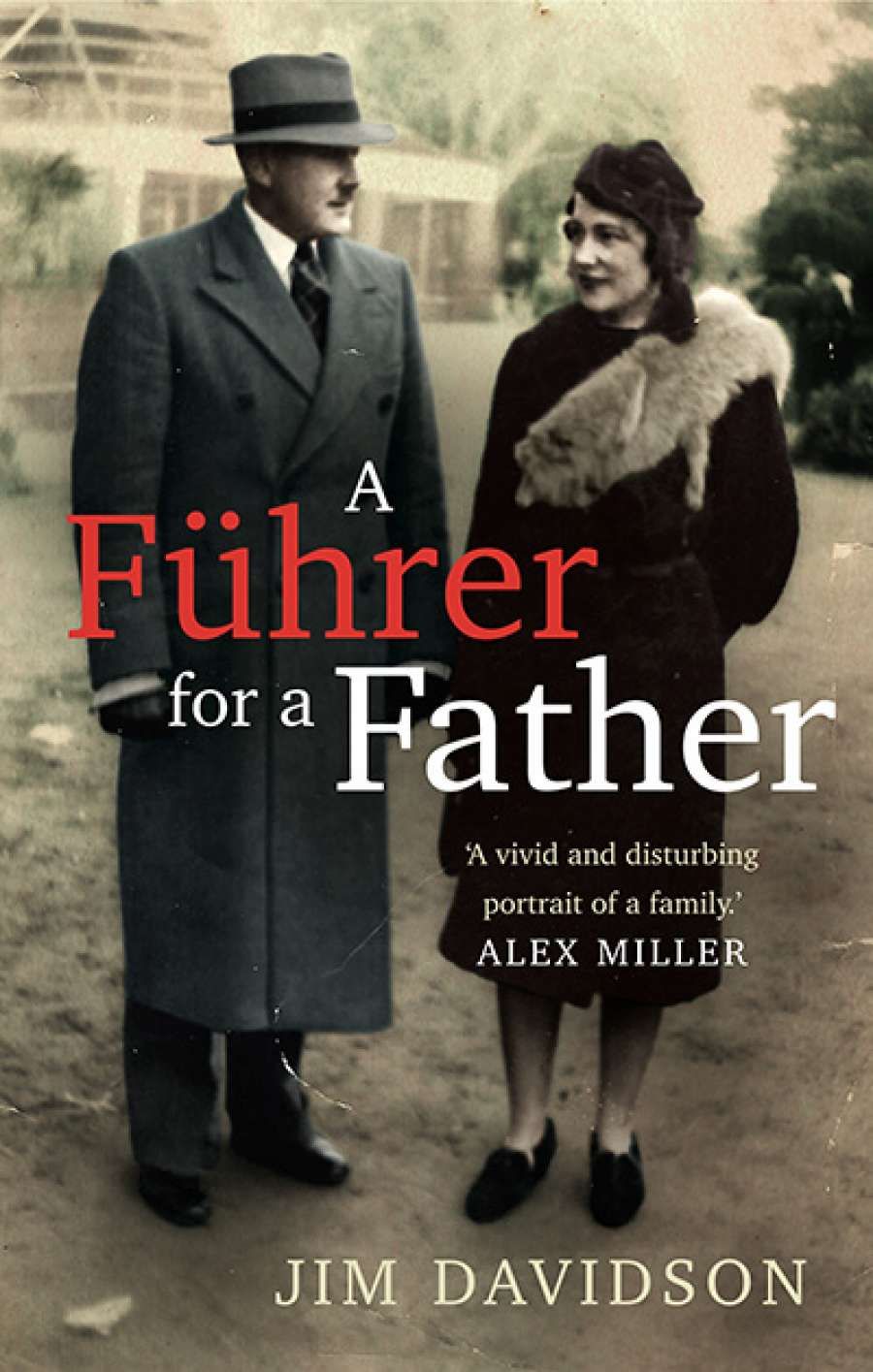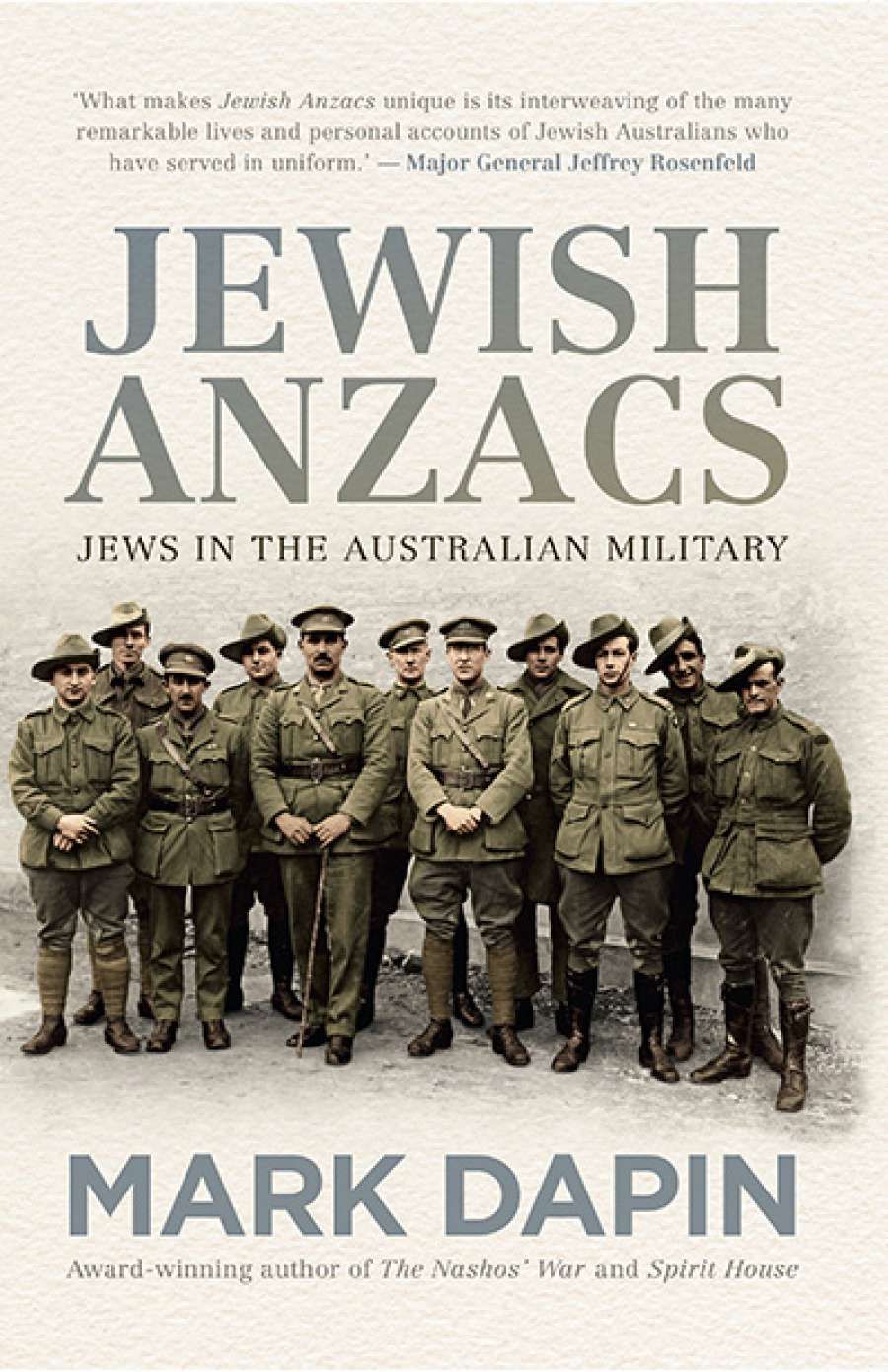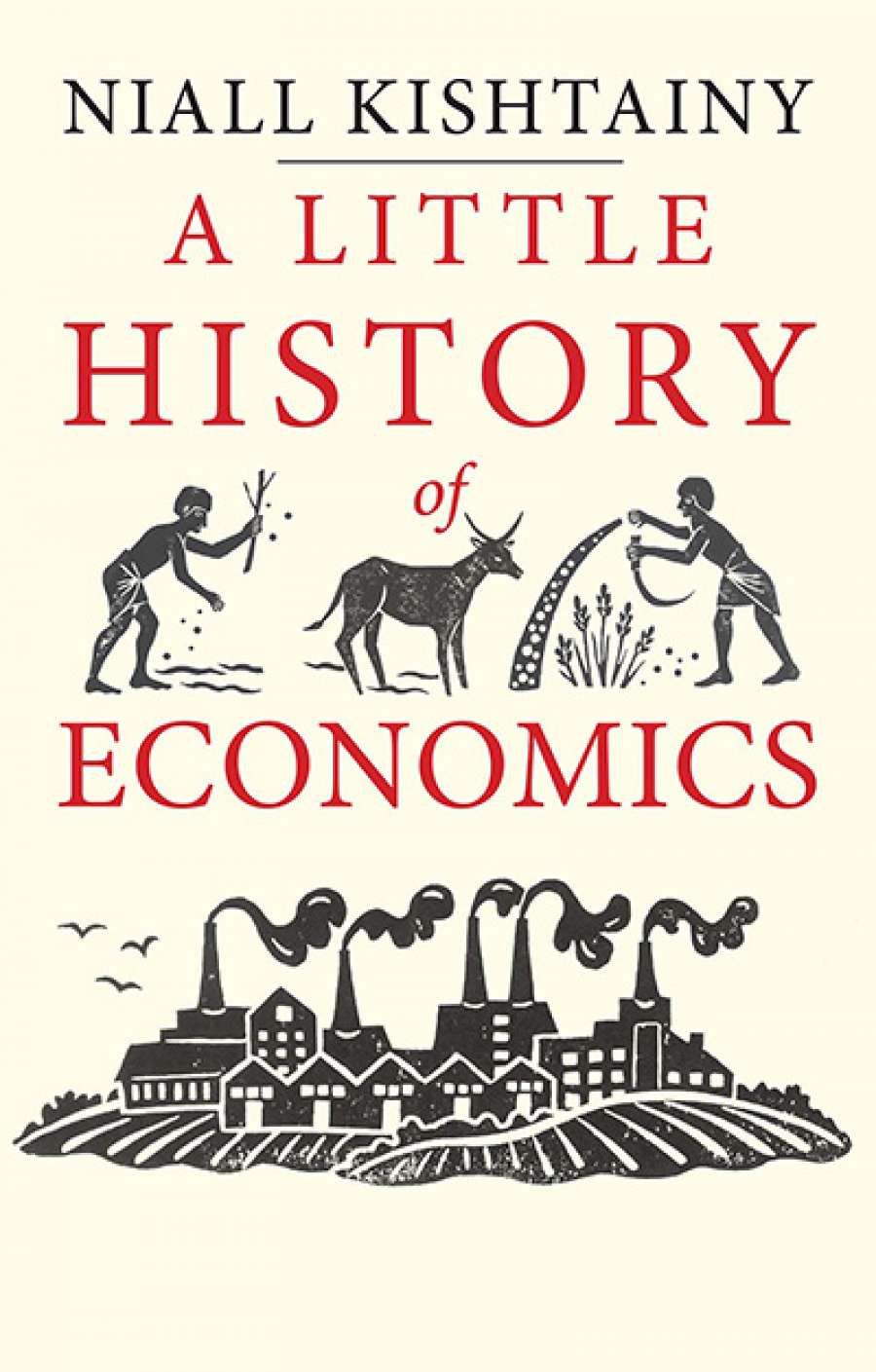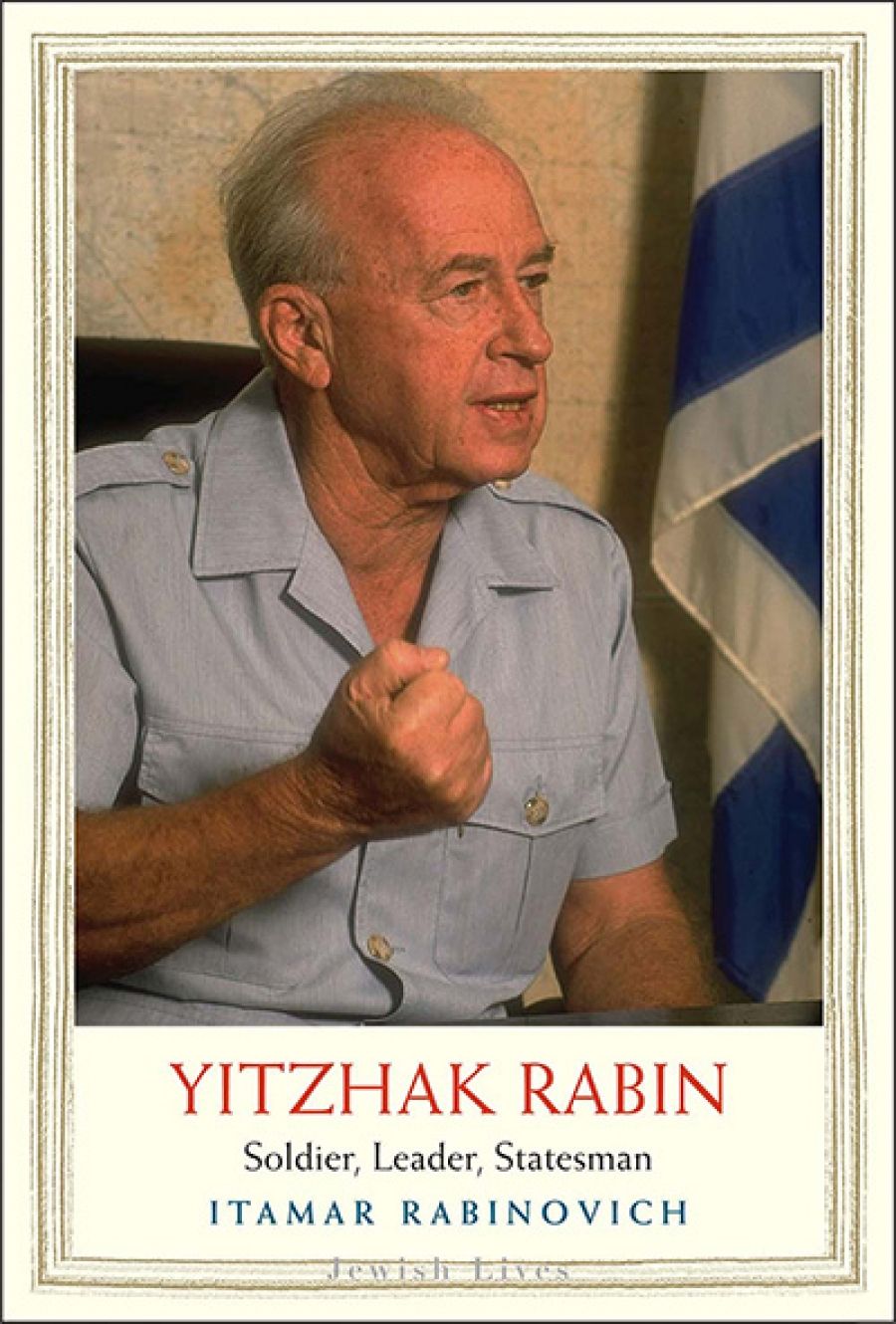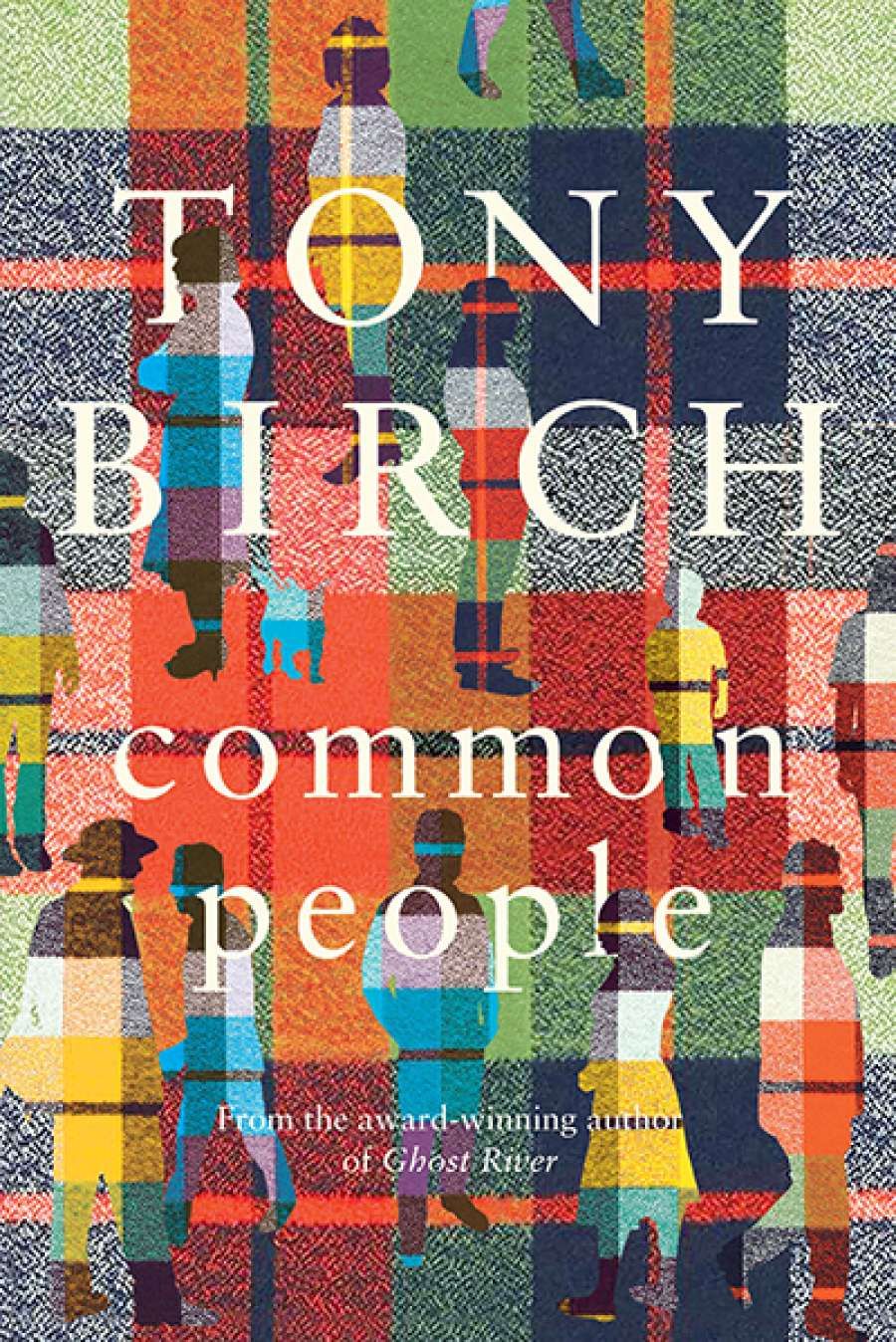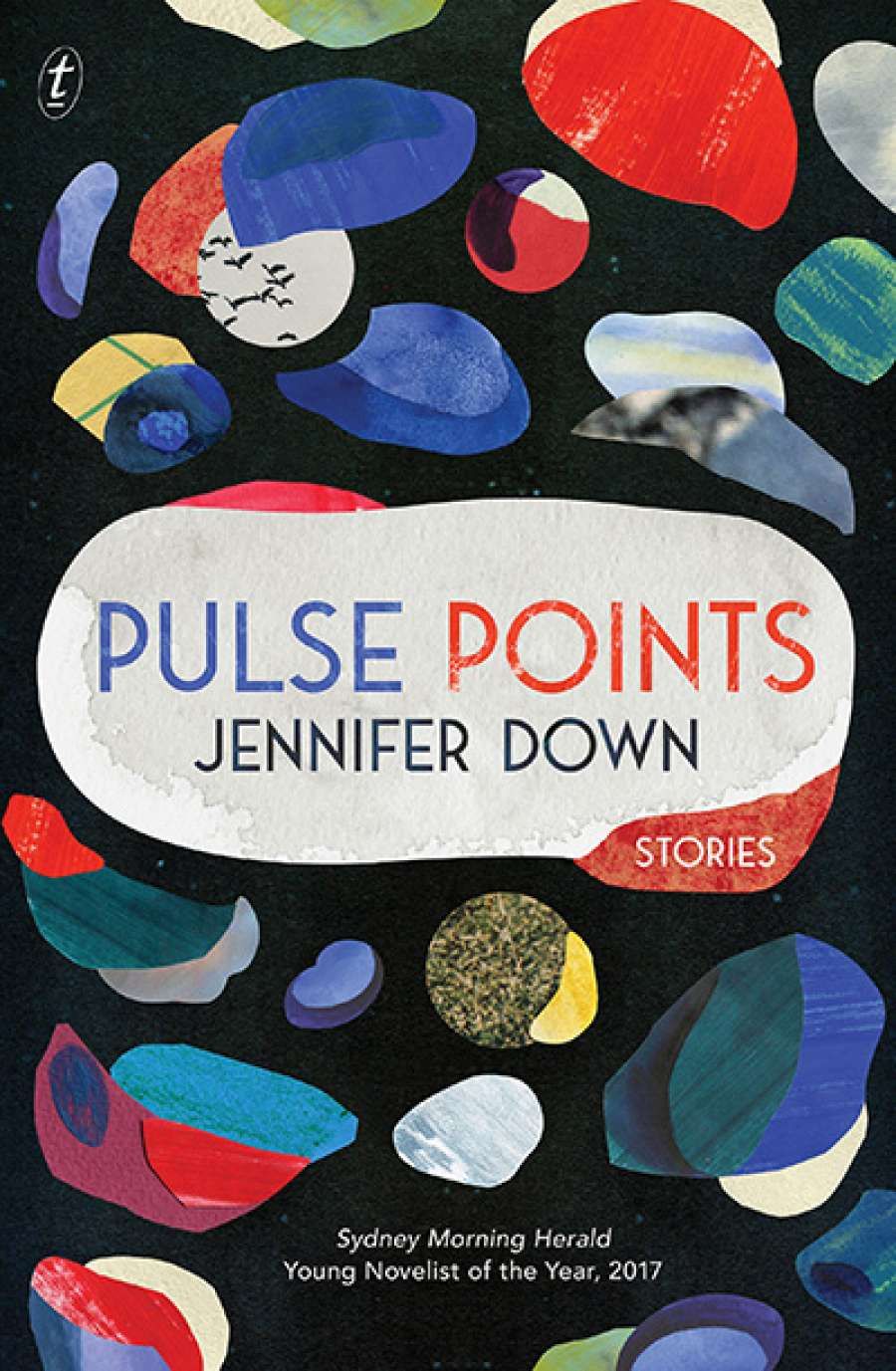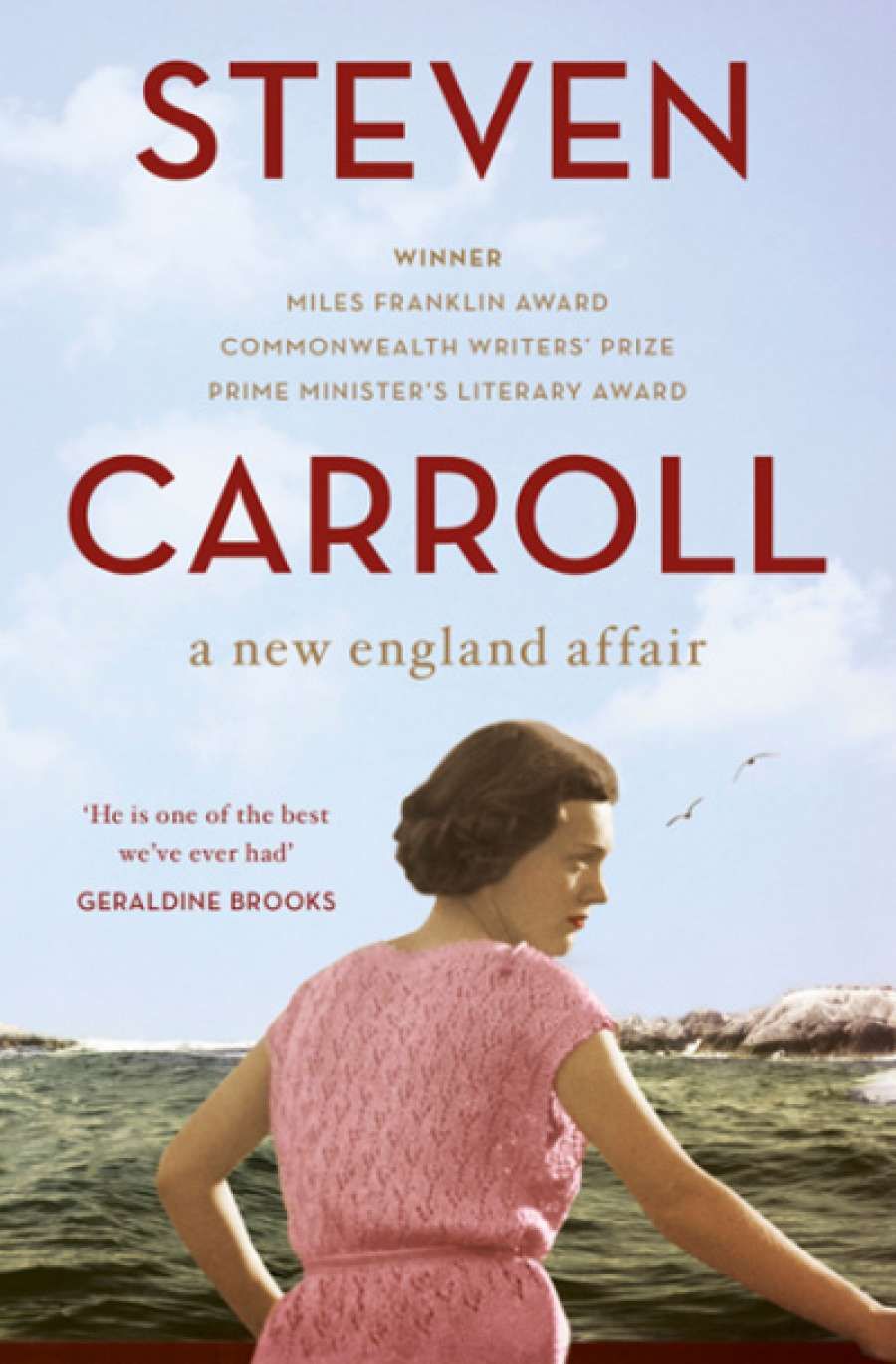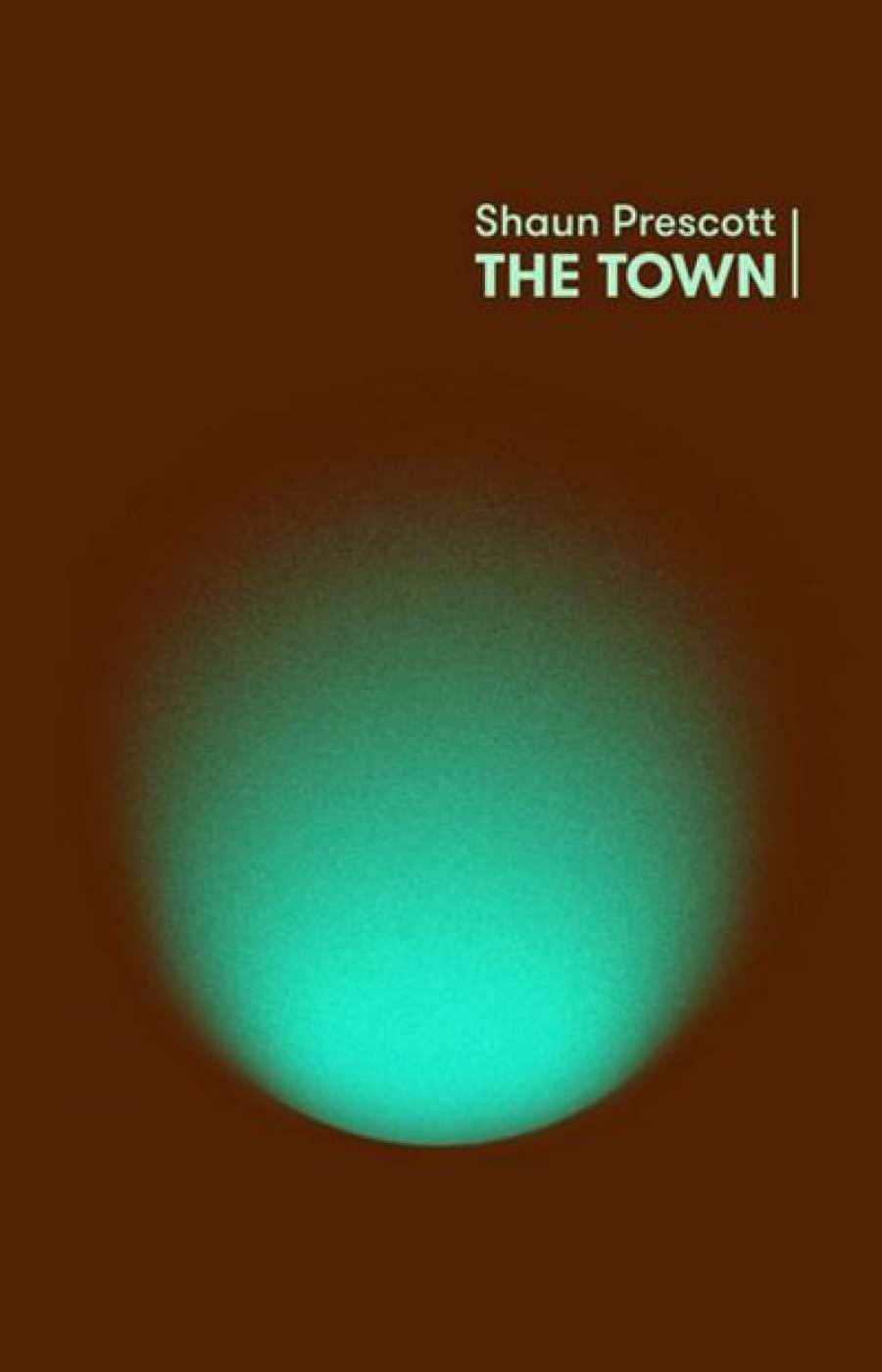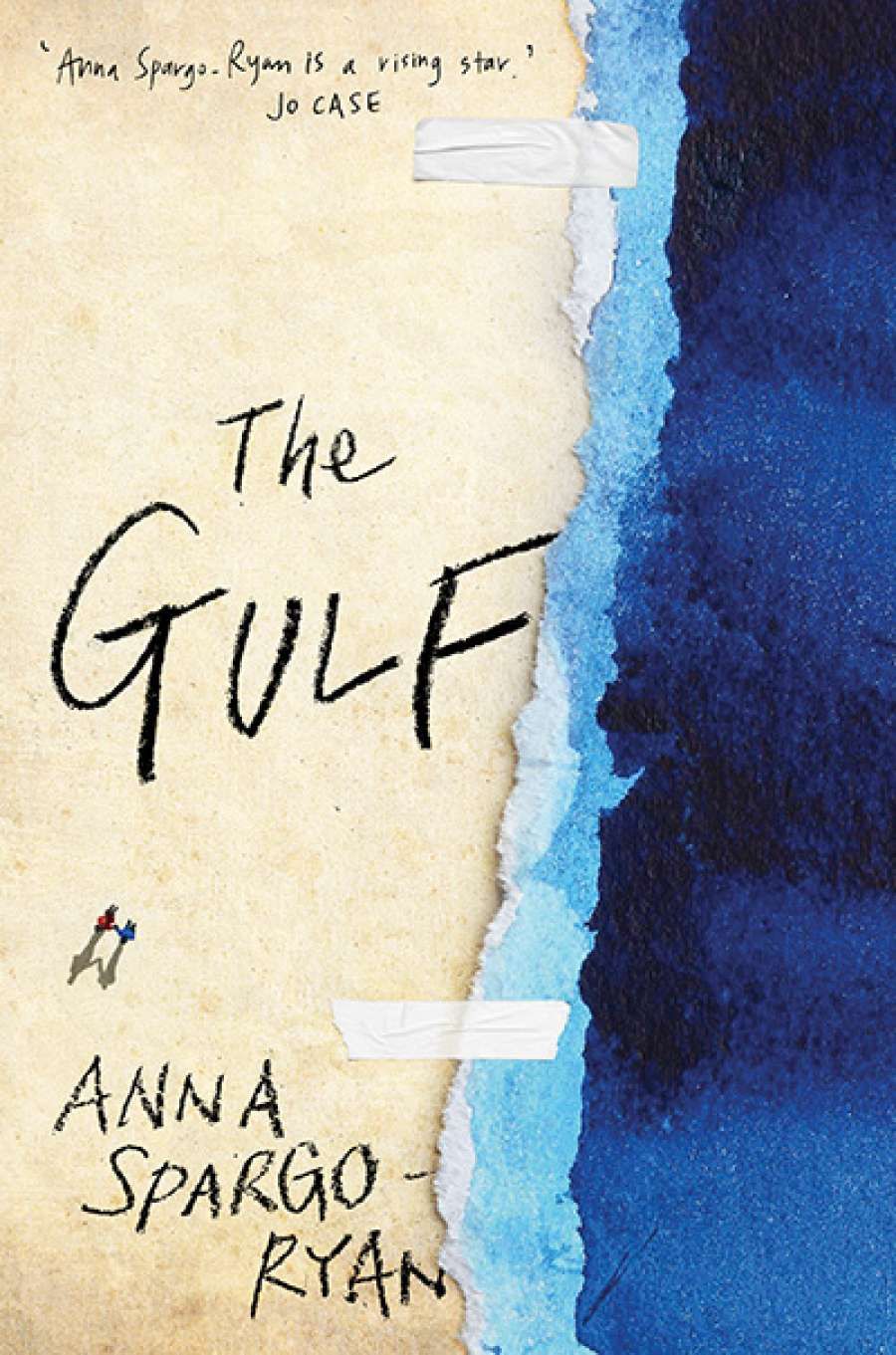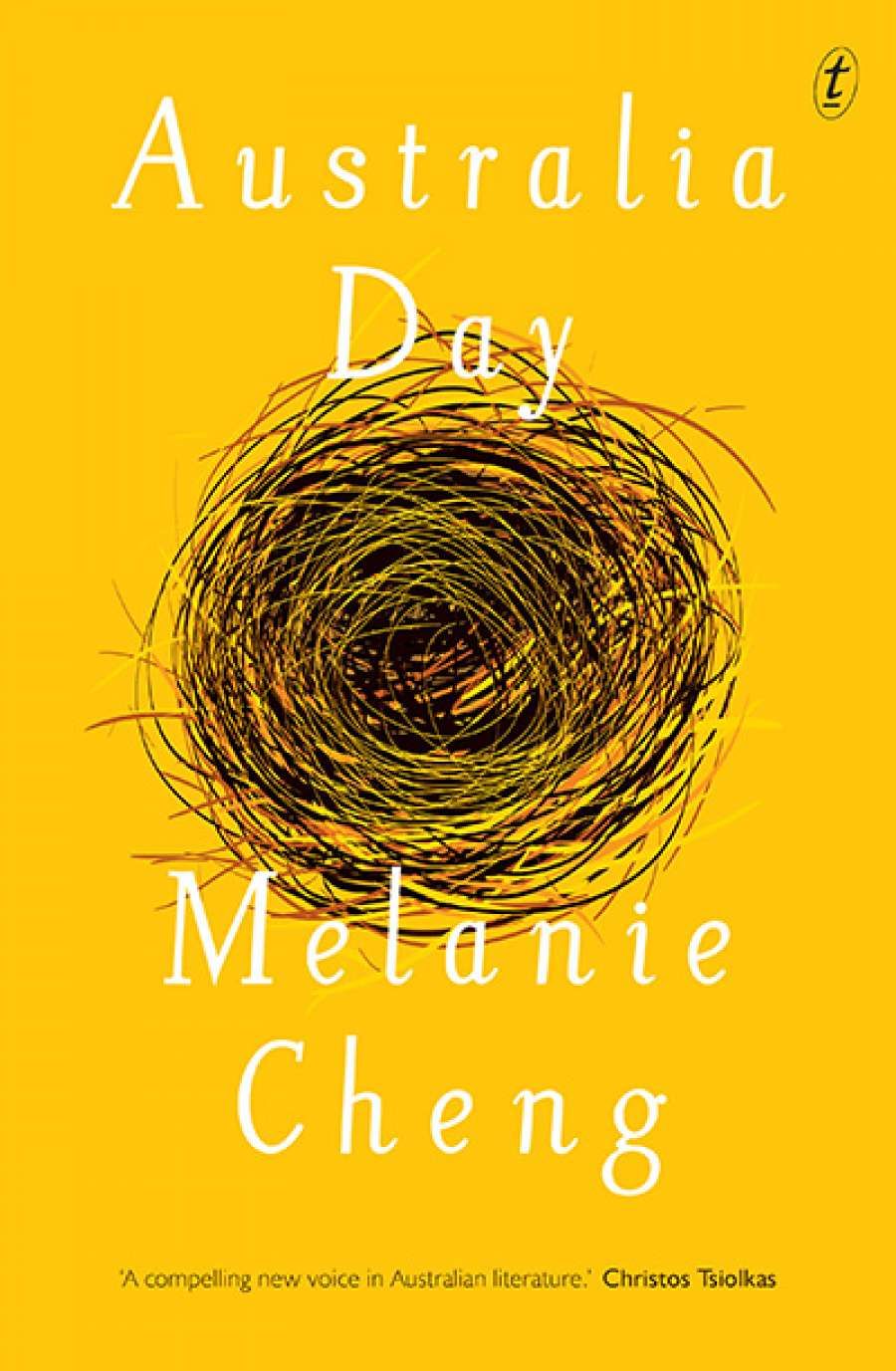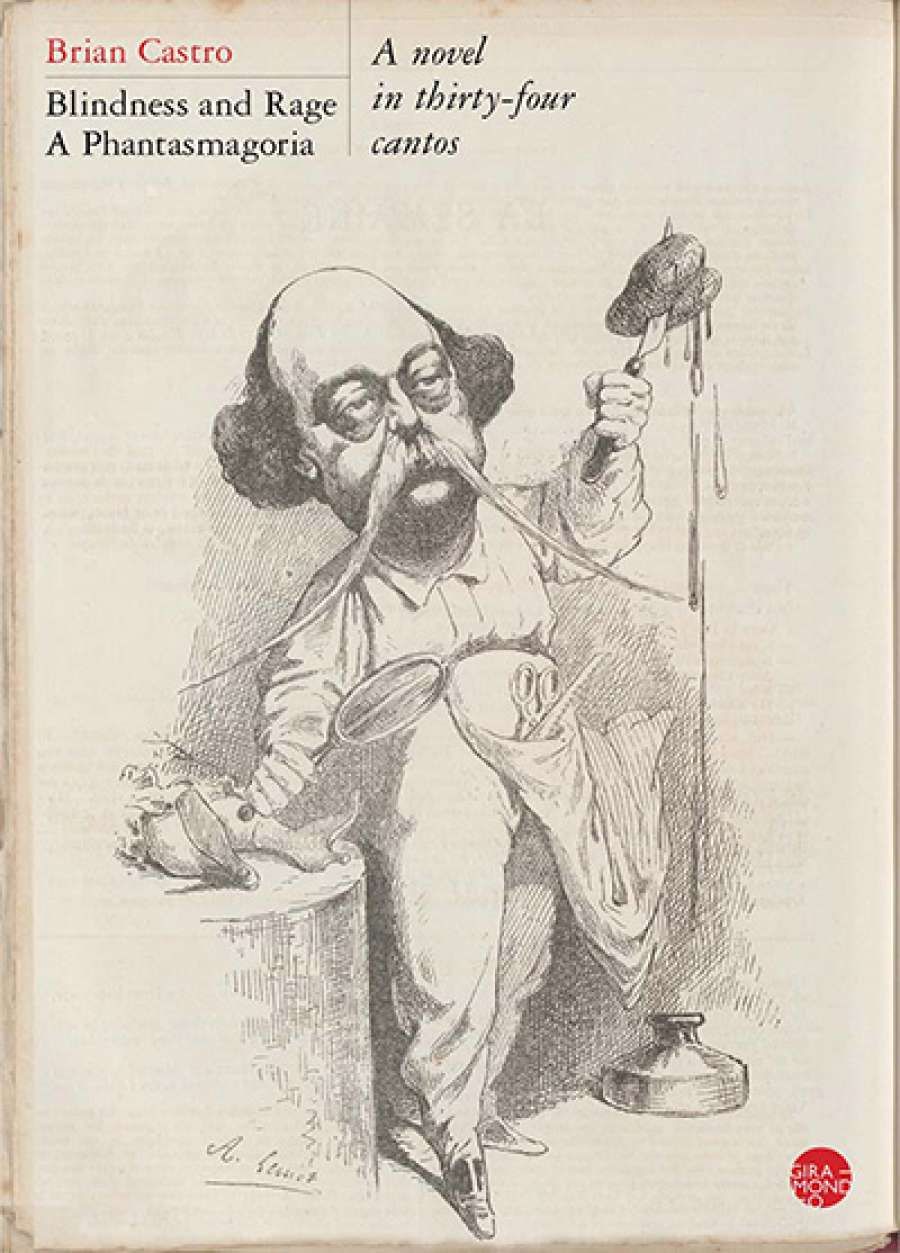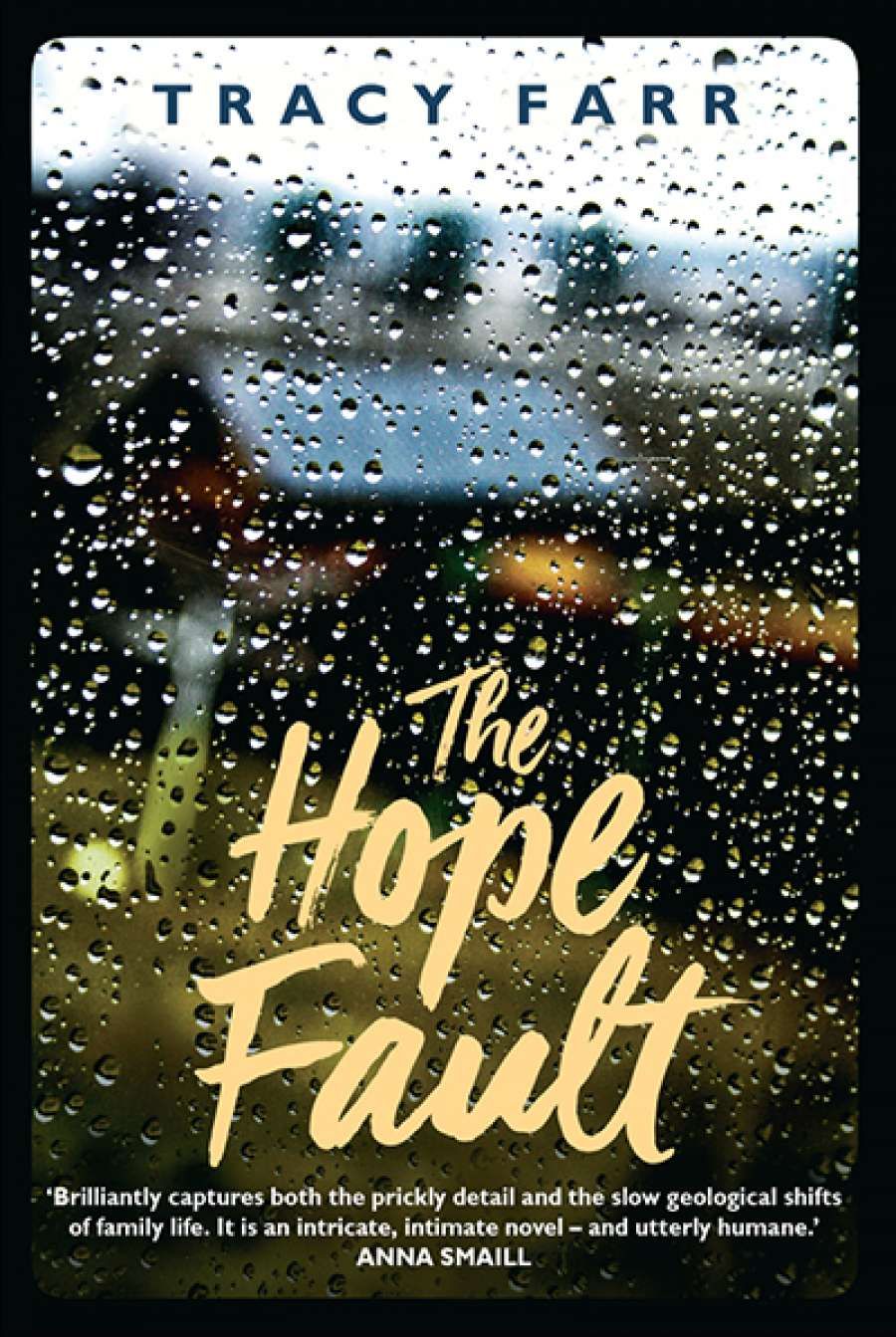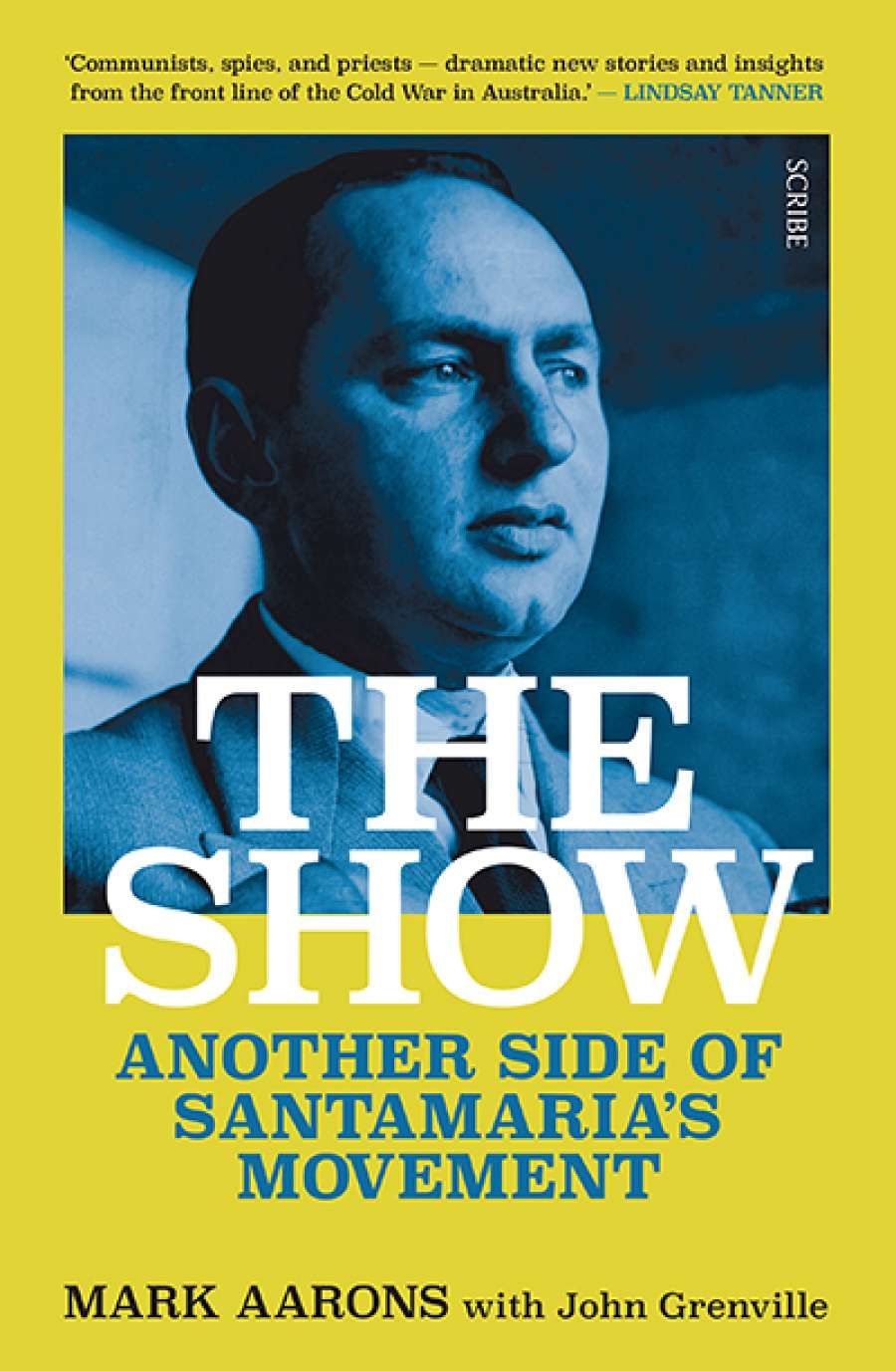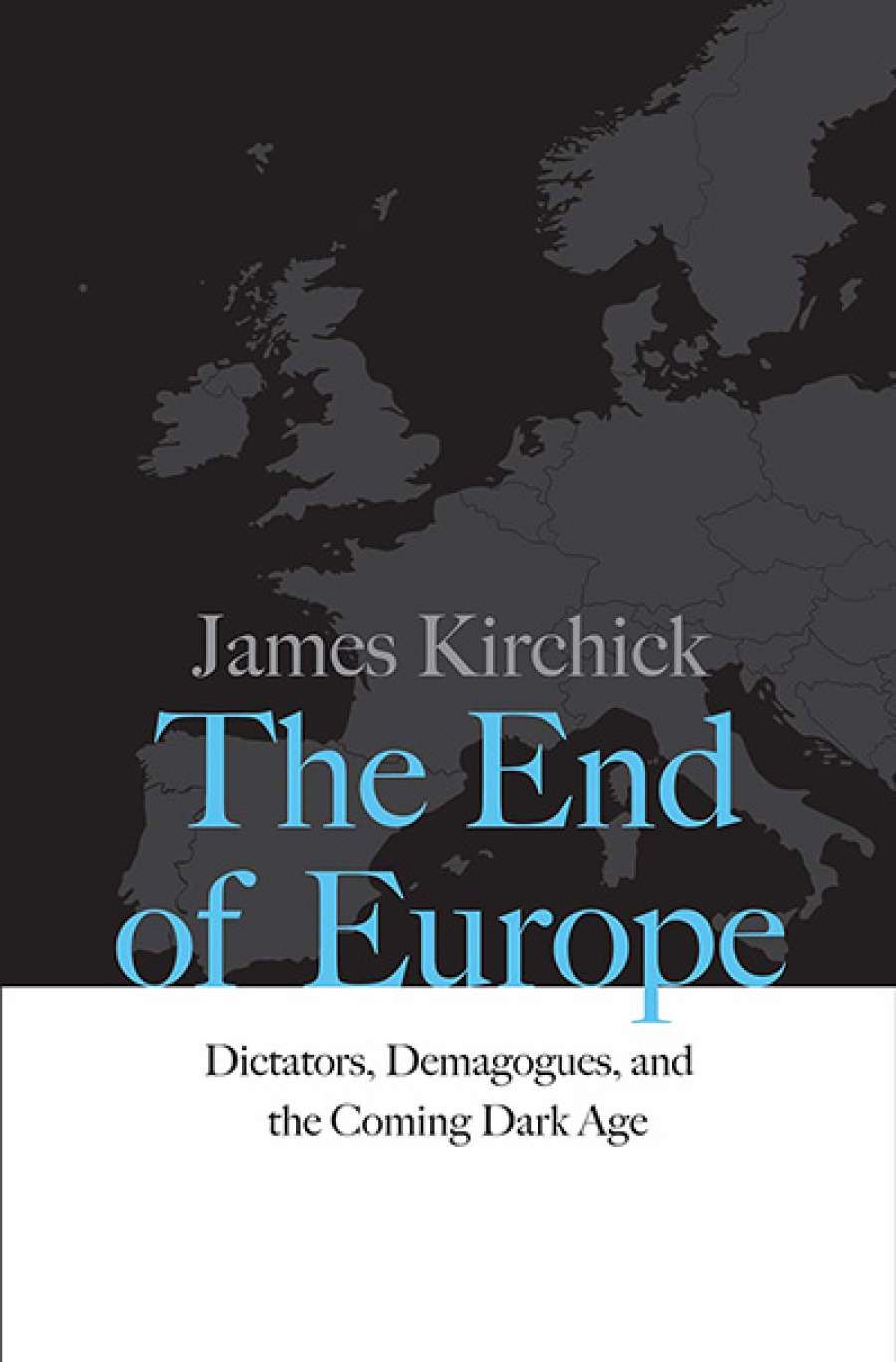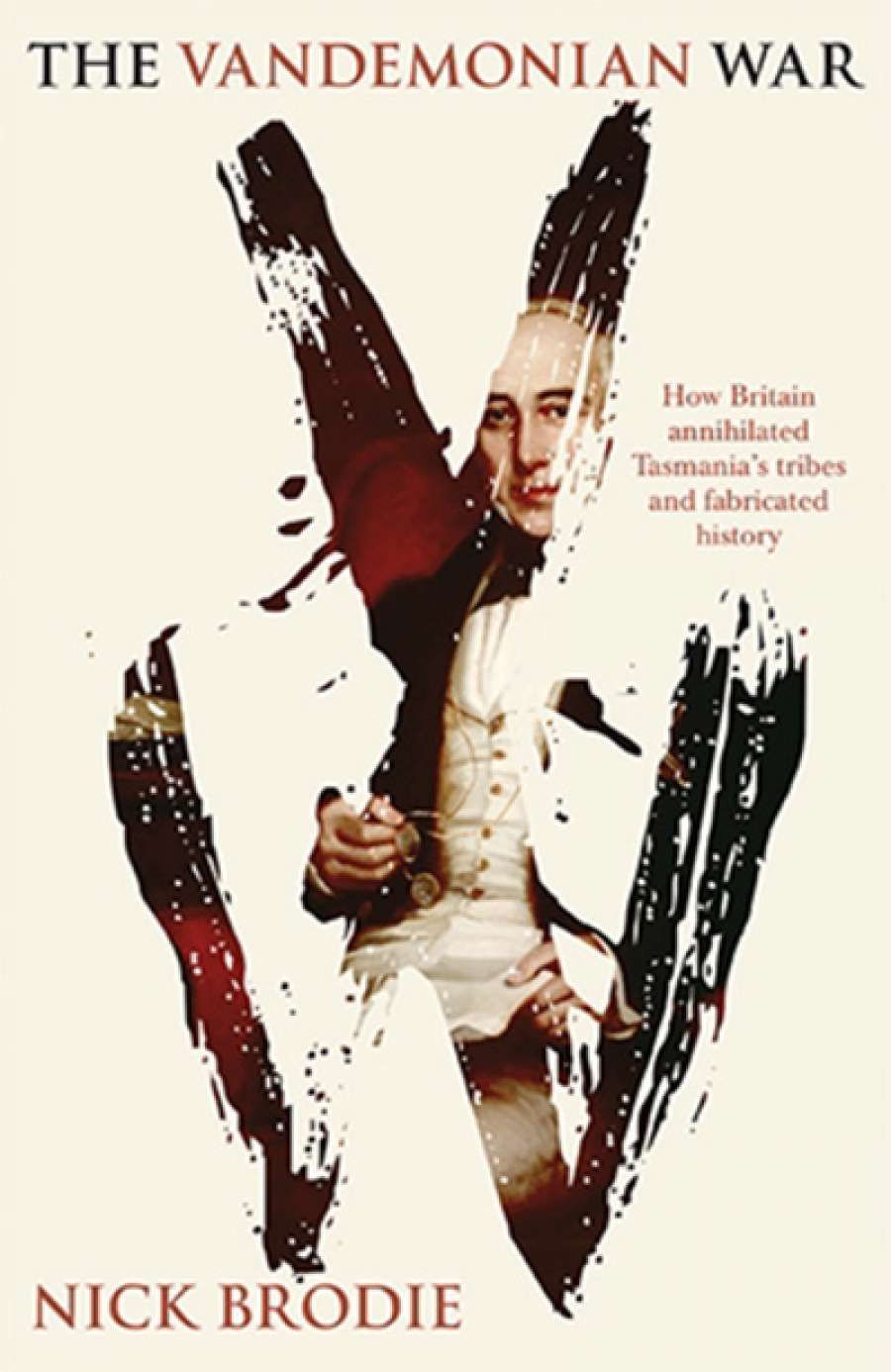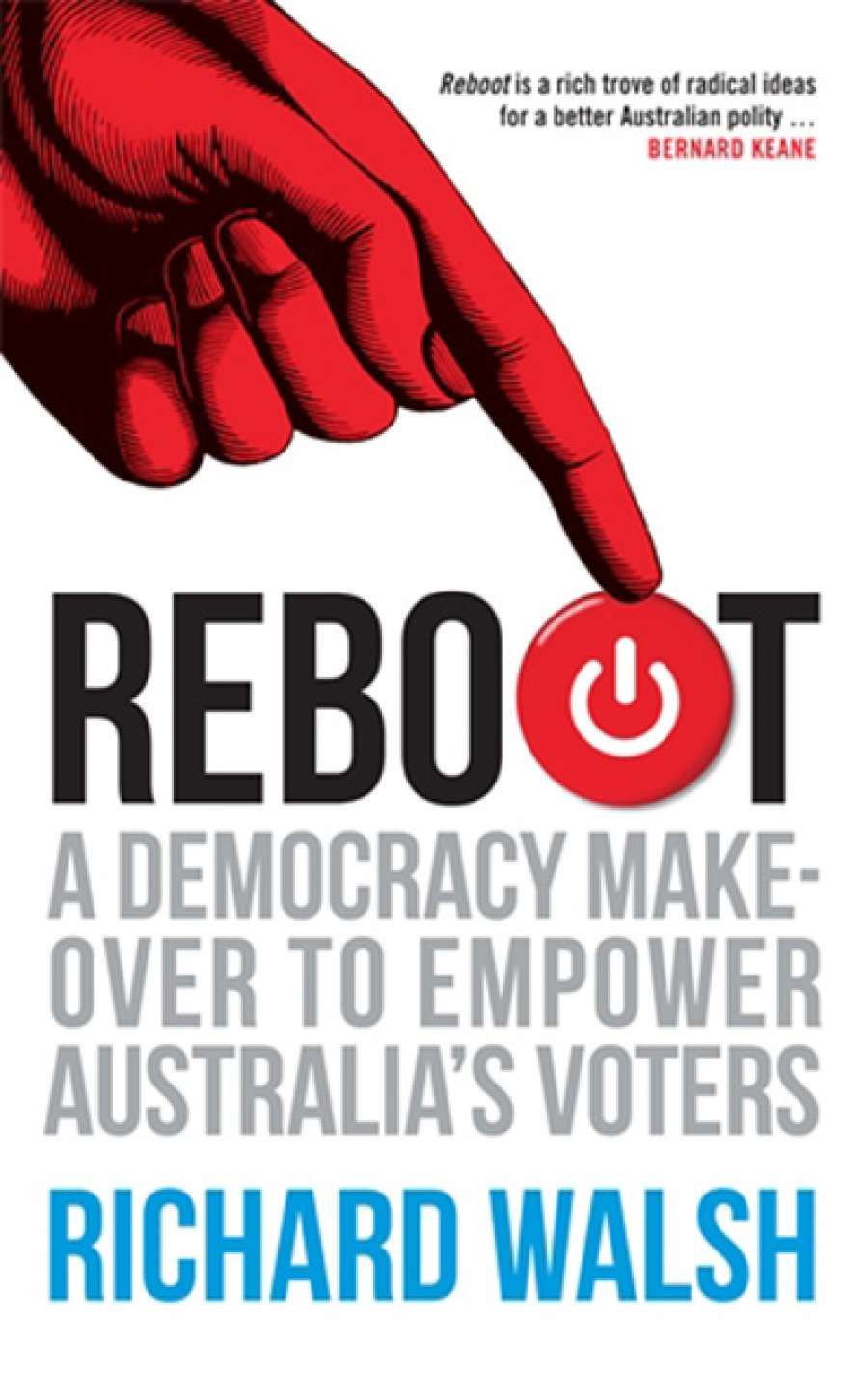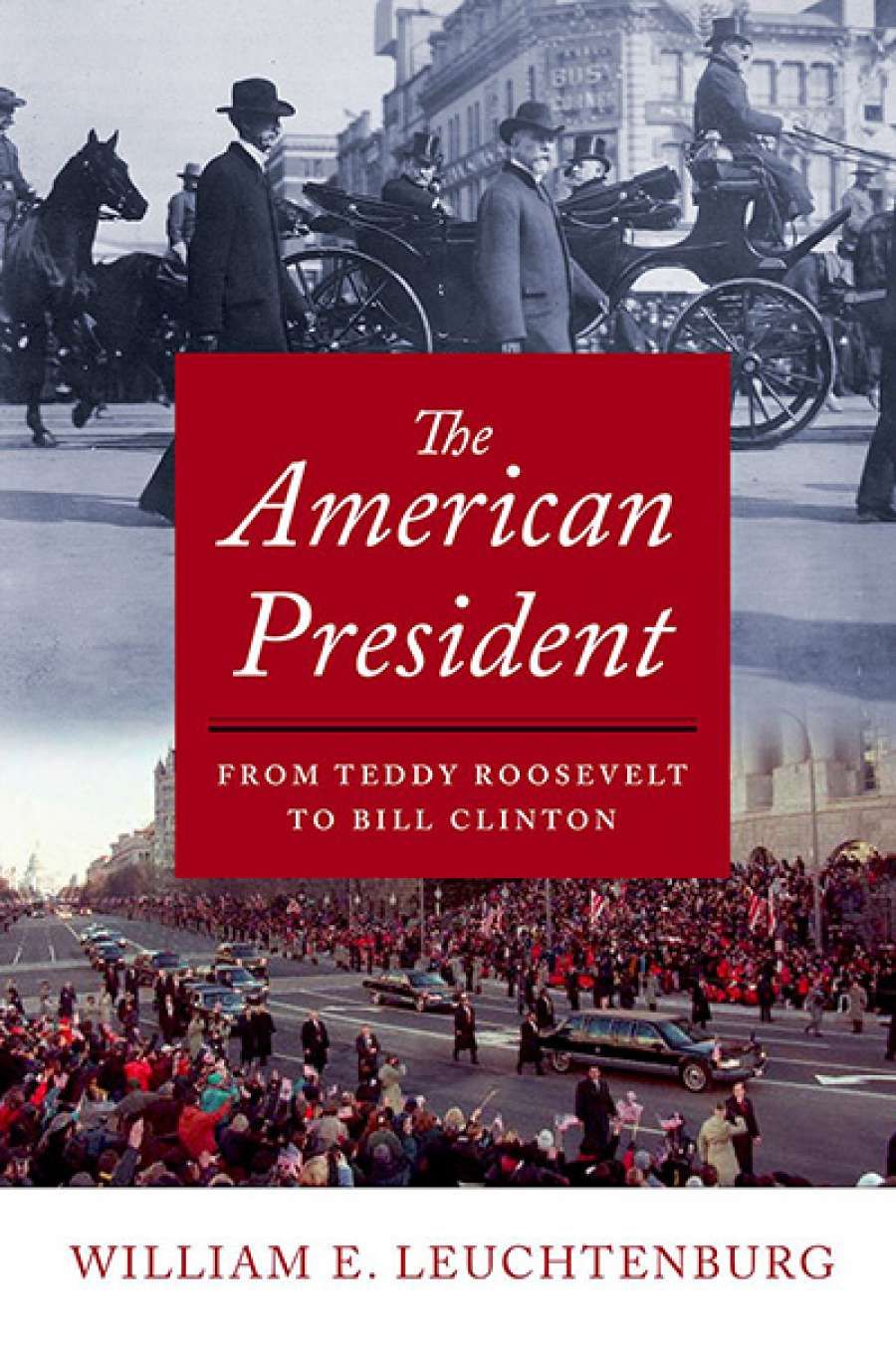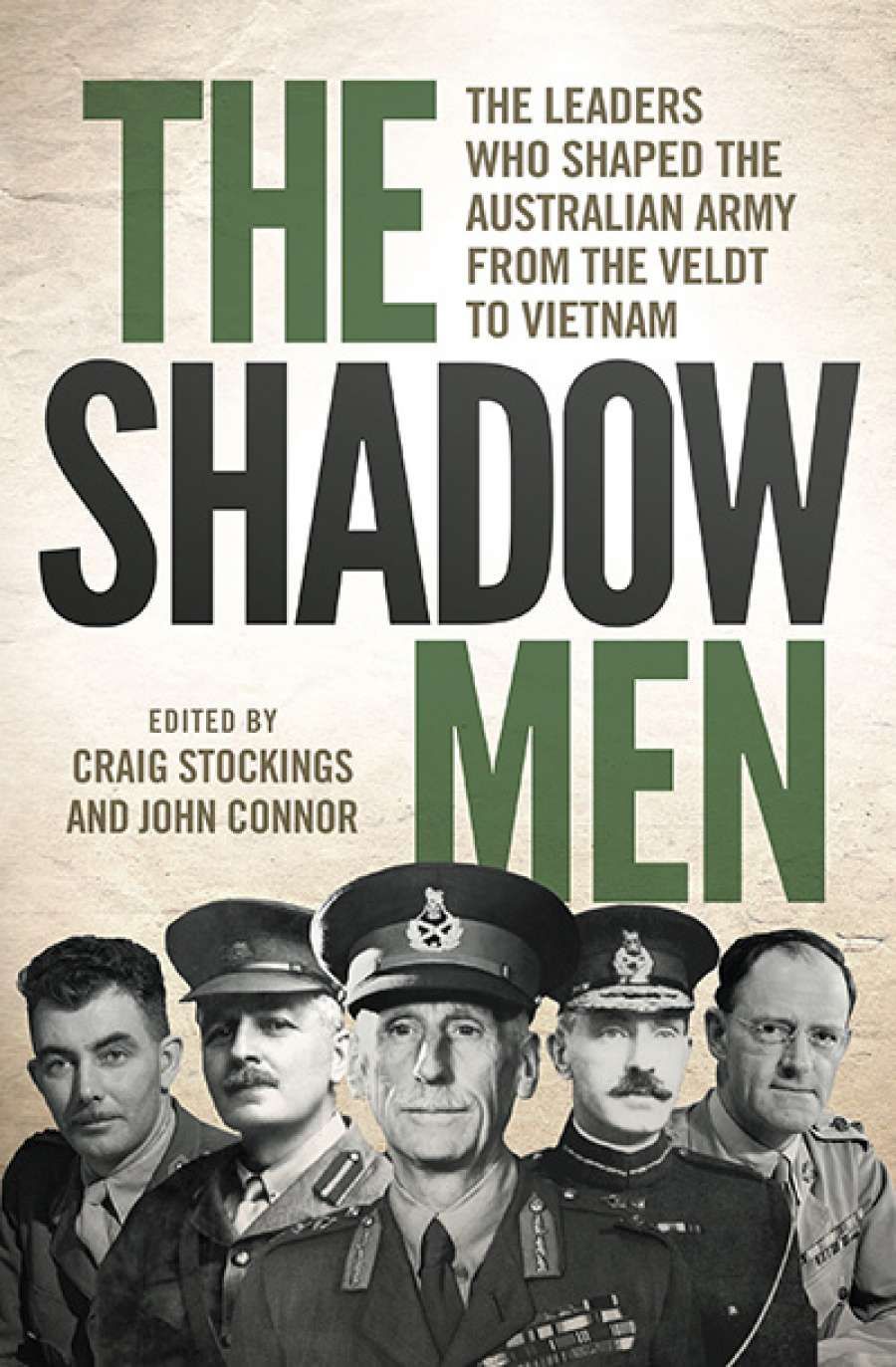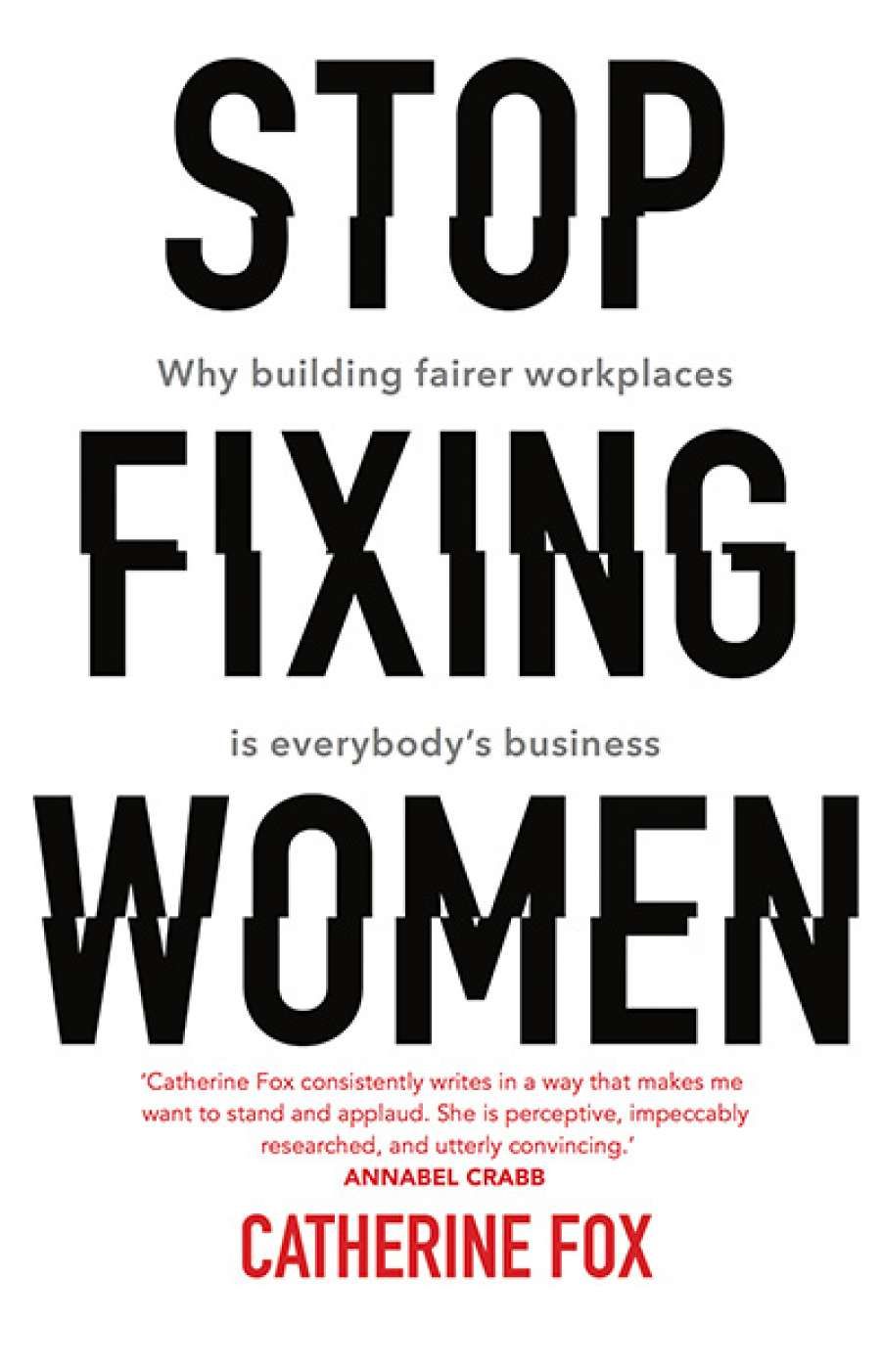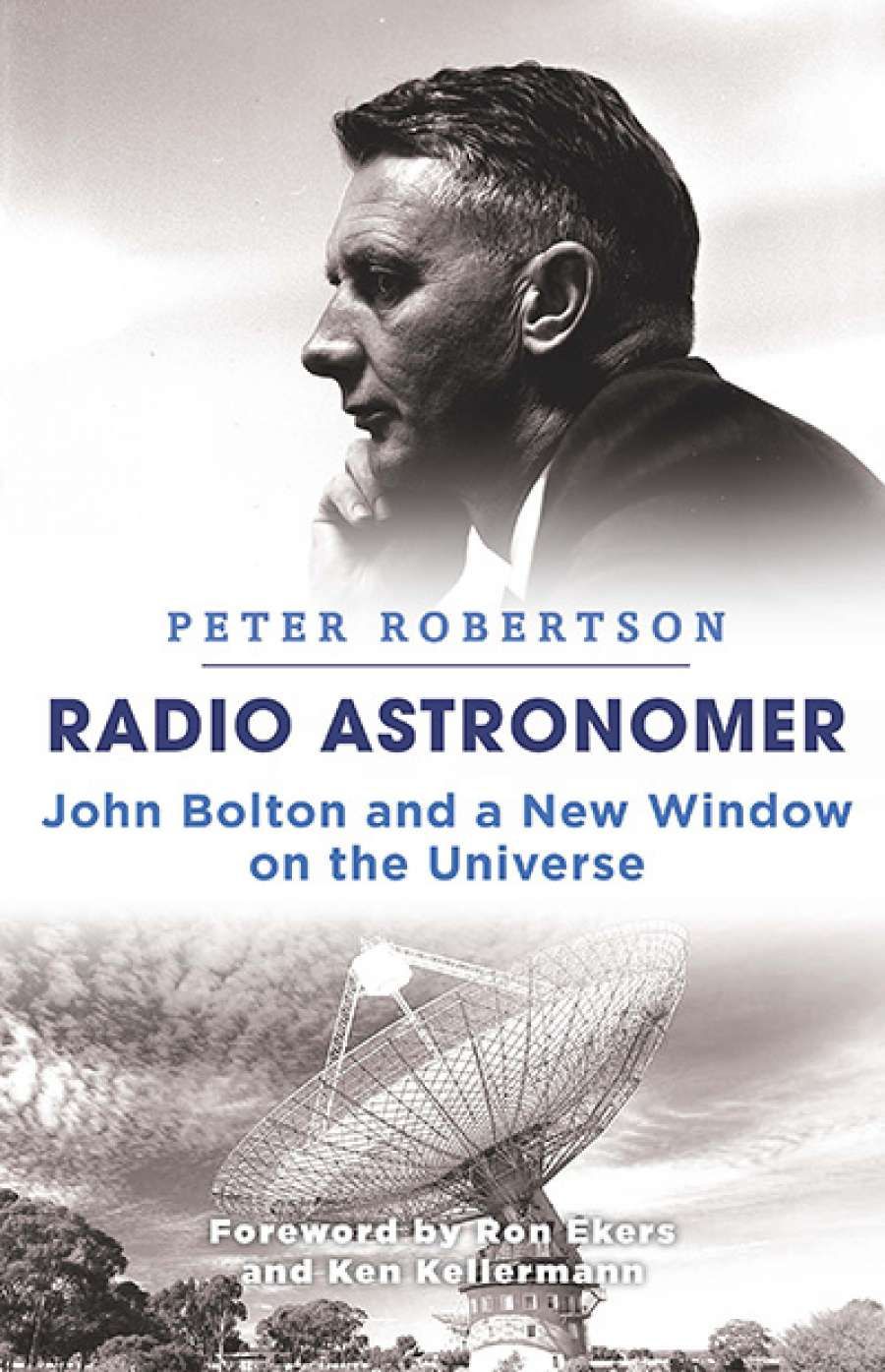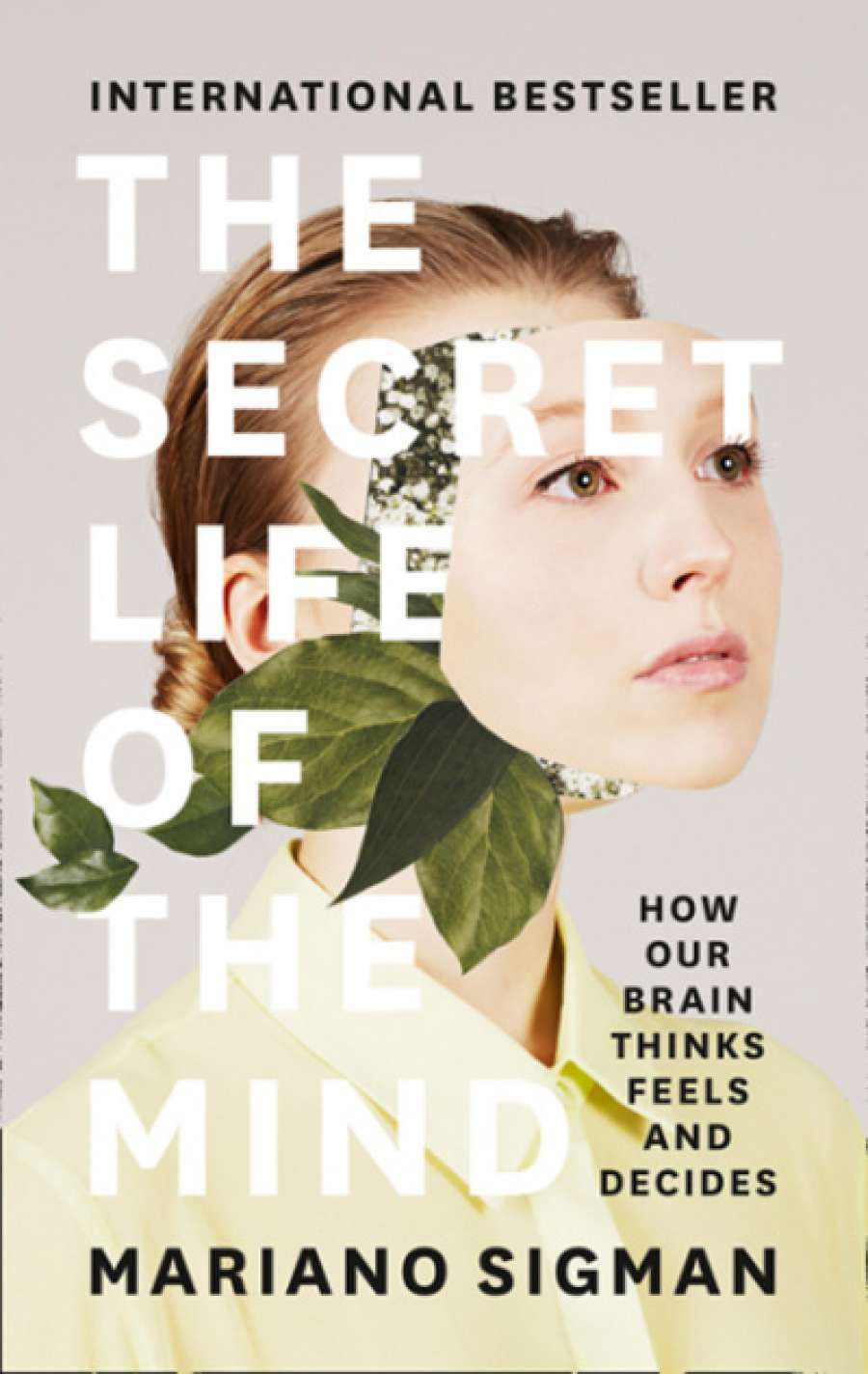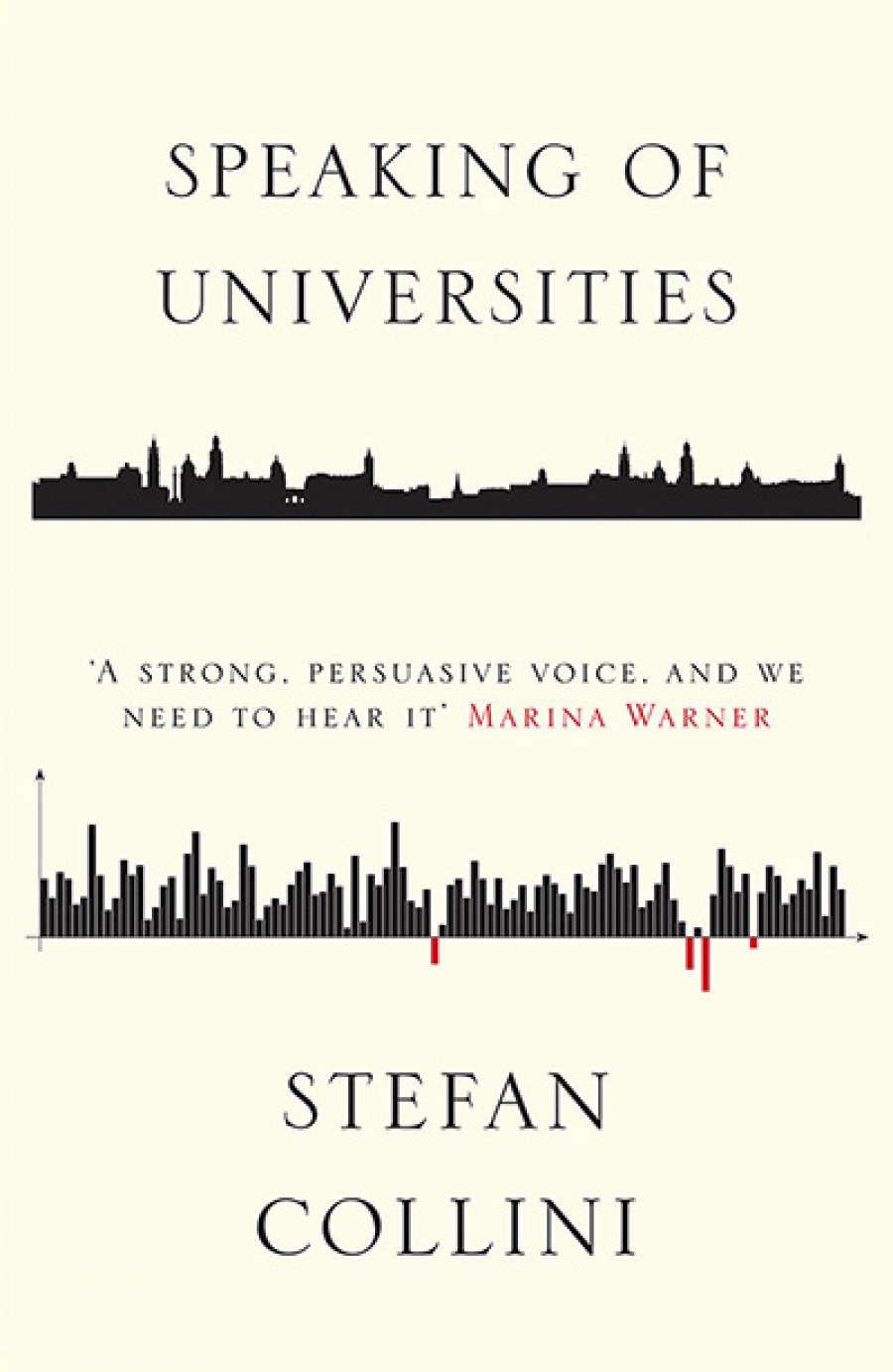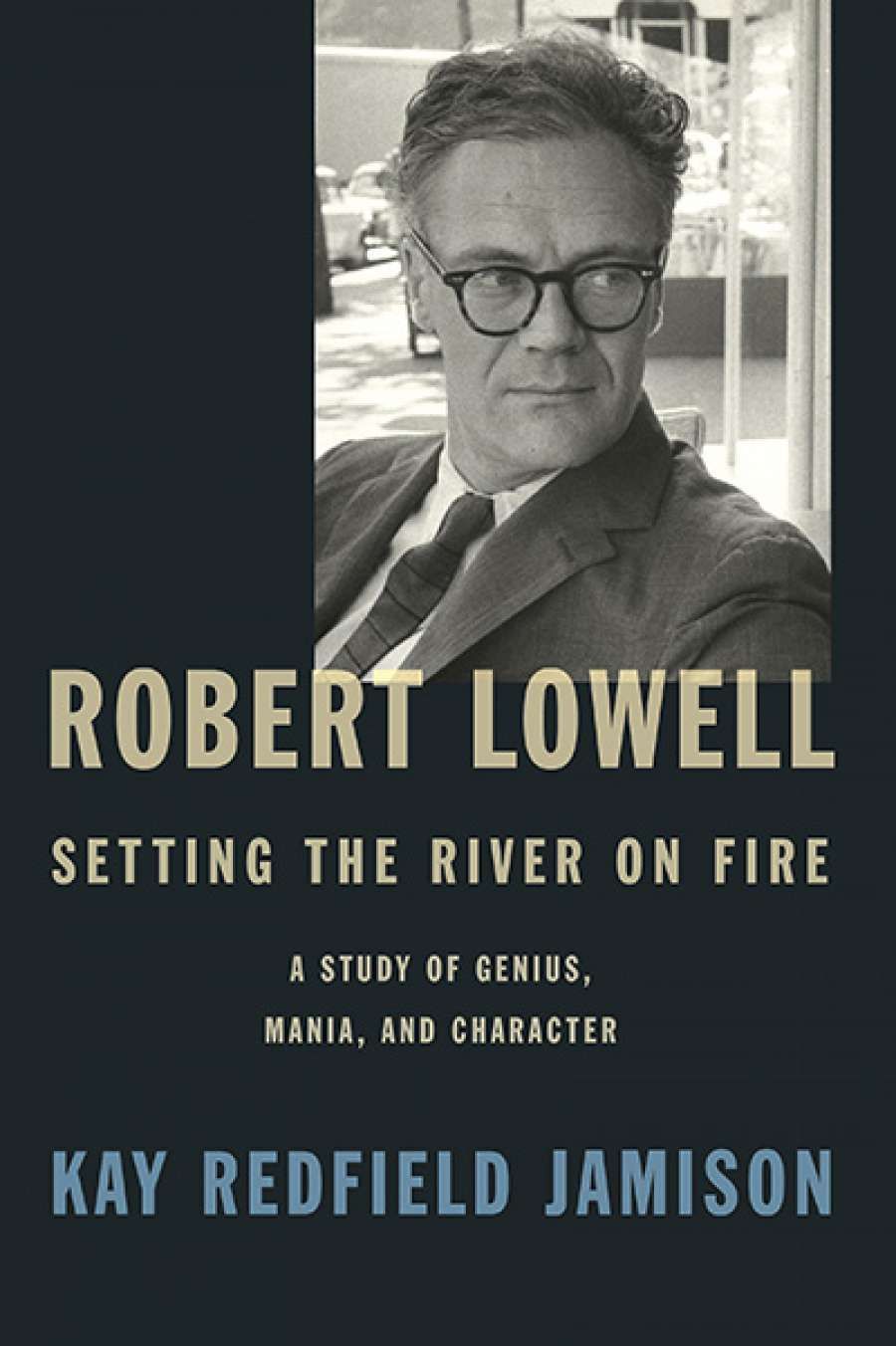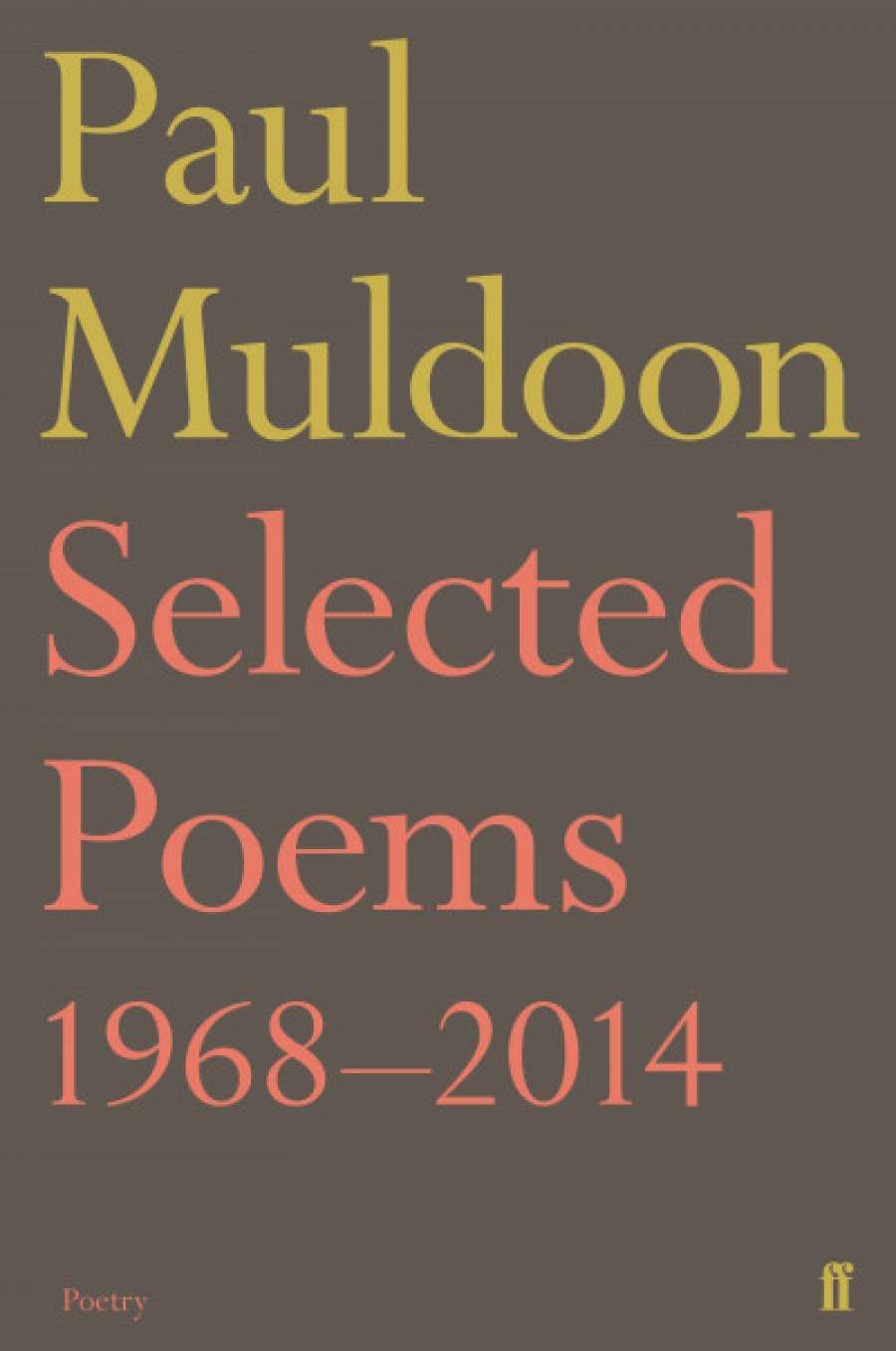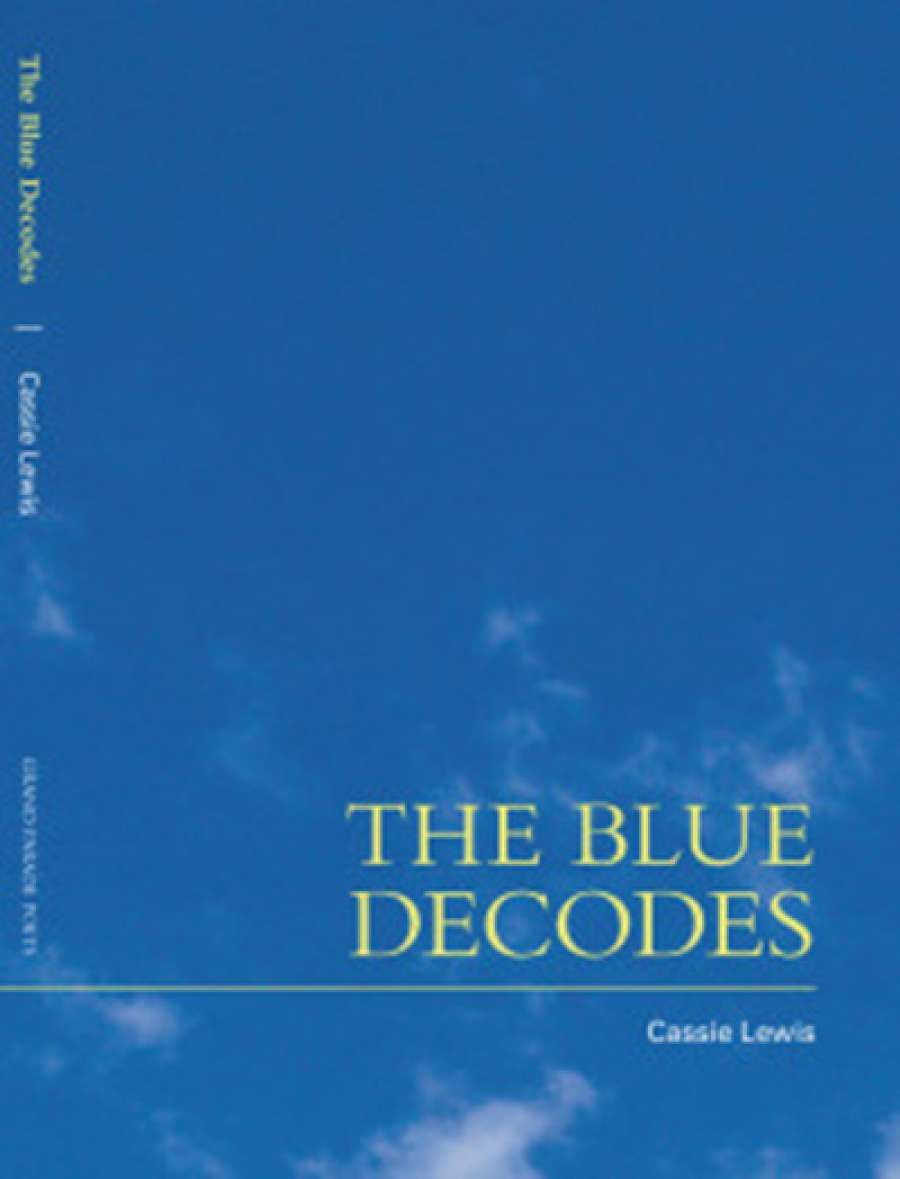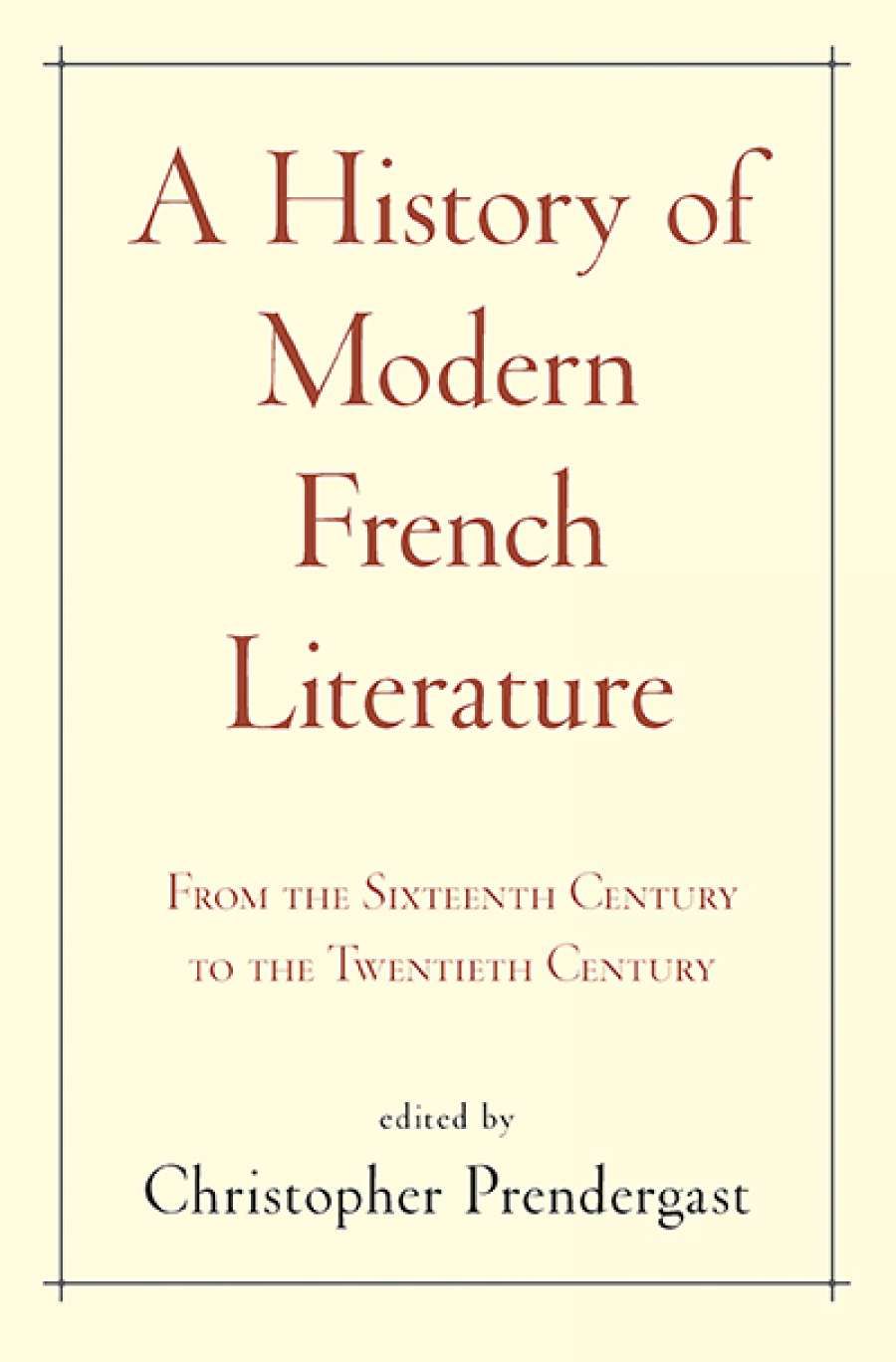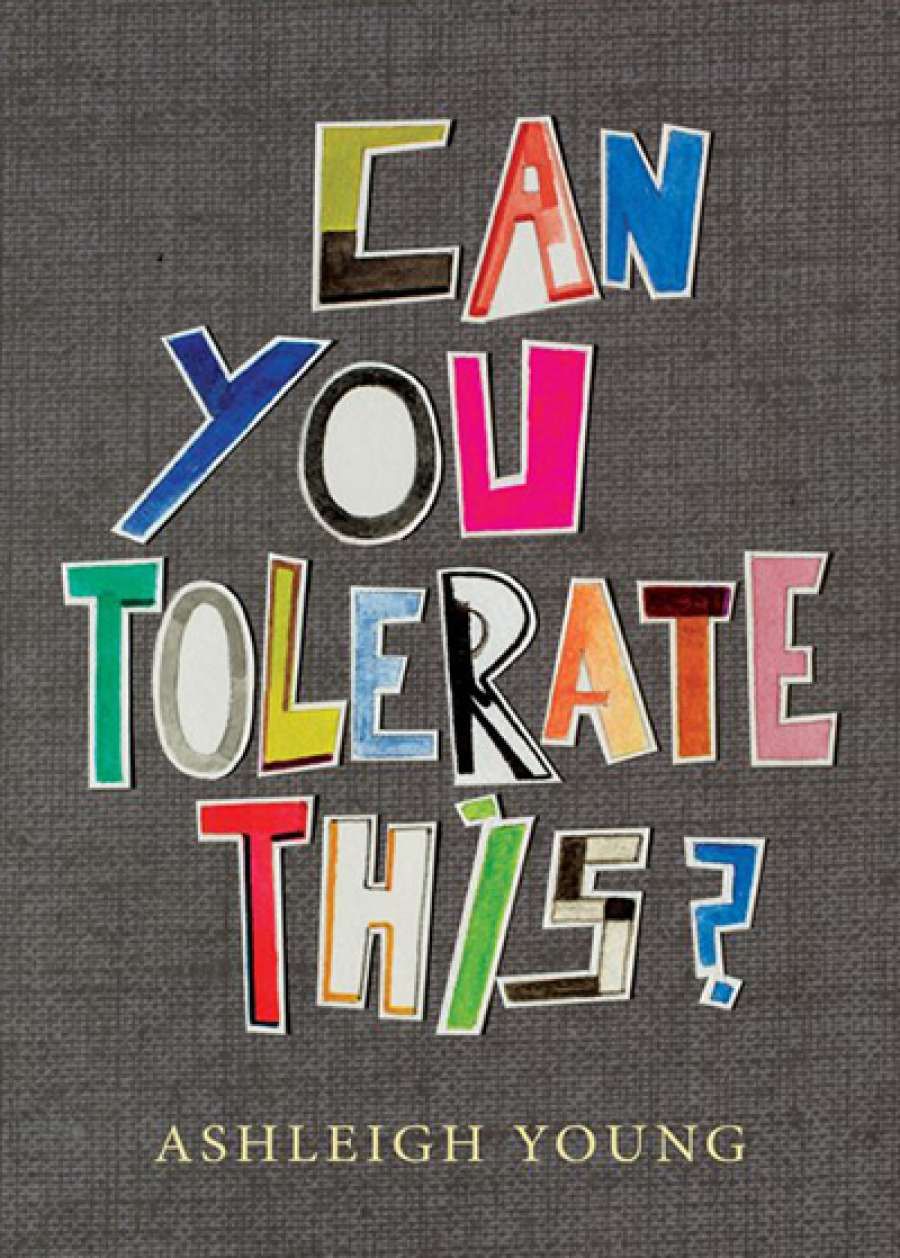- Free Article: Yes
- Contents Category: Advances
- Custom Article Title: An open letter on same sex marriage
- Custom Highlight Text:
Confirmation of the legality of the marriage equality postal survey by the High Court of Australia prompted Australian Book Review to invite a number of writers, artists, directors, lawyers, commentators and public figures to sign an open letter on the subject. The response was positive and immediate. The open letter, which appears in our October print issue, is intended as a respectful contribution from some of the most prominent people in the arts in Australia.
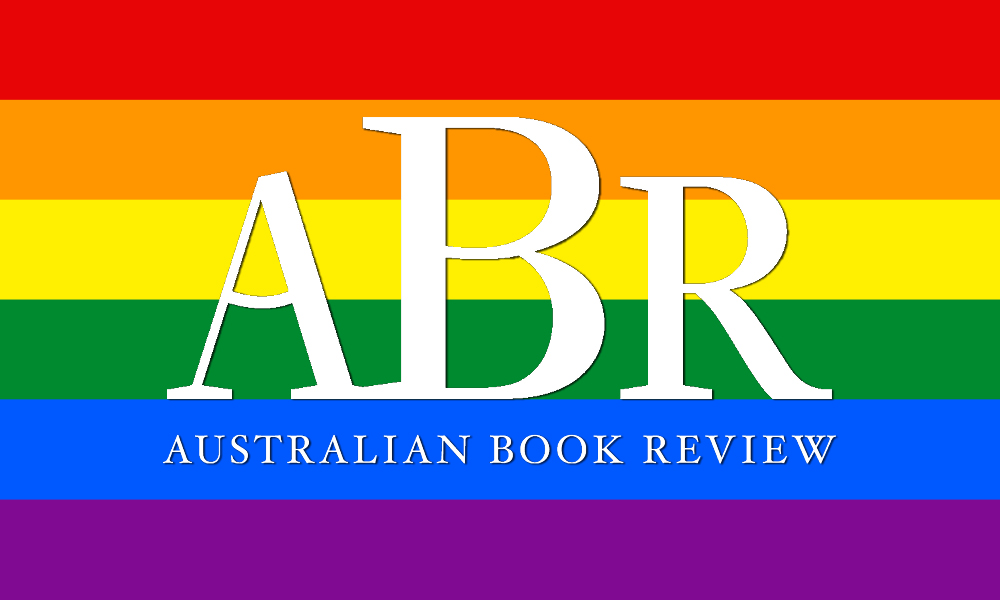
Yes to Equality
Ratification of the marriage equality postal survey by the High Court of Australia prompted Australian Book Review to invite a number of writers, artists, directors, lawyers, commentators and public figures to sign an open letter on the subject. The response was positive and immediate. The Open Letter, which appears in our October issue, is intended as a respectful contribution from some of the most prominent people in the arts in Australia.
This debate is about equality – no more, no less. Homosexual acts are perfectly legal in Australia. Gays and lesbians (tax-paying and law-abiding citizens) seek the same right that applies to heterosexuals: the freedom to marry their partners if they so choose. This right applies in many countries, including Britain, Germany, and the United States. Gays and lesbians serve in our defence and police forces, they educate our children and work in our hospitals, they entertain us and illuminate our lives through literature and the performing arts. The time for distrust and discrimination is over.
Peter Rose, Editor and CEO, Australian Book Review
Open Letter
In the interest of fairness, equality and social reform, we encourage Australians to vote Yes in the same-sex marriage postal survey.
Nicole Abadee
Louise Adler AM
Patrick Allington
Dennis Altman AM
Robyn Archer AO
Neil Armfield AO
Amy Baillieu
Maxine Beneba Clarke
Neal Blewett AC
Frank Bongiorno
Helen Brack
James Bradley
Bernadette Brennan
Geraldine Brooks AO
John Bryson AM
Peter Burch AM
Michelle Cahill
Steven Carroll
J.M. Coetzee
Sophie Cunningham
Li Cunxin
Donna Curran
Joy Damousi
Jo Daniell
Jim Davidson
Glyn Davis AC
Michelle de Kretser
Brett Dean
Robert Dessaix
Ian Dickson
Catherine Dovey
Mark Edele
Anne Edwards AO
Tony Ellwood
Helen Ennis
Gareth Evans AC QC
Suzanne Falkiner
Morag Fraser AM
Margaret Gardner AO
Helen Garner
Max Gillies AM
Andrea Goldsmith
Kerryn Goldsworthy
Peter Goldsworthy AM
Anna Goldsworthy
Colin Golvan QC
Kate Grenville
Tom Griffiths AO
Dilan Gunawardana
Gideon Haigh
Rodney Hall AM
Fiona Hall AO
Cathrine Harboe-Ree
Ashley Hay
Paul Hetherington
Michael Heyward
Kate Holden
Sarah Holland-Batt
Lindy Hume
Frank Jackson AO
Jill Jones
Gail Jones
Nicholas Jose
Mireille Juchau
Paul Kane
John Kinsella
Louis Klee
Ellen Koshland
Benjamin Law
David McAllister AM
Patrick McCaughey
Phillipa McGuinness
Eddie McGuire AM
James McNamara
Kim Mahood
David Malouf AO
Randal Marsh
Lynley Marshall
Philip Mead
Christopher Menz
Alex Miller
Jonathan Mills AO
Frank Moorhouse AM
Rod Morrison
Bruce Pascoe
Kerryn Phelps AM
Margaret Plant
Felicity Plunkett
David Poulton
Ron Radford AM
Robert Reynolds
John Rickard
Libby Robin
Peter Rose
Leo Schofield AM
Julianne Schultz AM
Kim Scott
Robert Sessions AM
Jim Sharman
Brett Sheehy AO
Michael Shmith
Peter Singer AC
Jason Smith
Ilana Snyder
Elizabeth Stead
Jackie Stricker-Phelps
Magda Szubanski
Carrie Tiffany
Christos Tsiolkas
Noel Turnbull
Mary Vallentine AO
Jacki Weaver AO
Jen Webb
Terri-ann White
Robyn Williams AM
Kim Williams AM
Lyn Williams AM
Kip Williams
Bob Wurth
William Yang


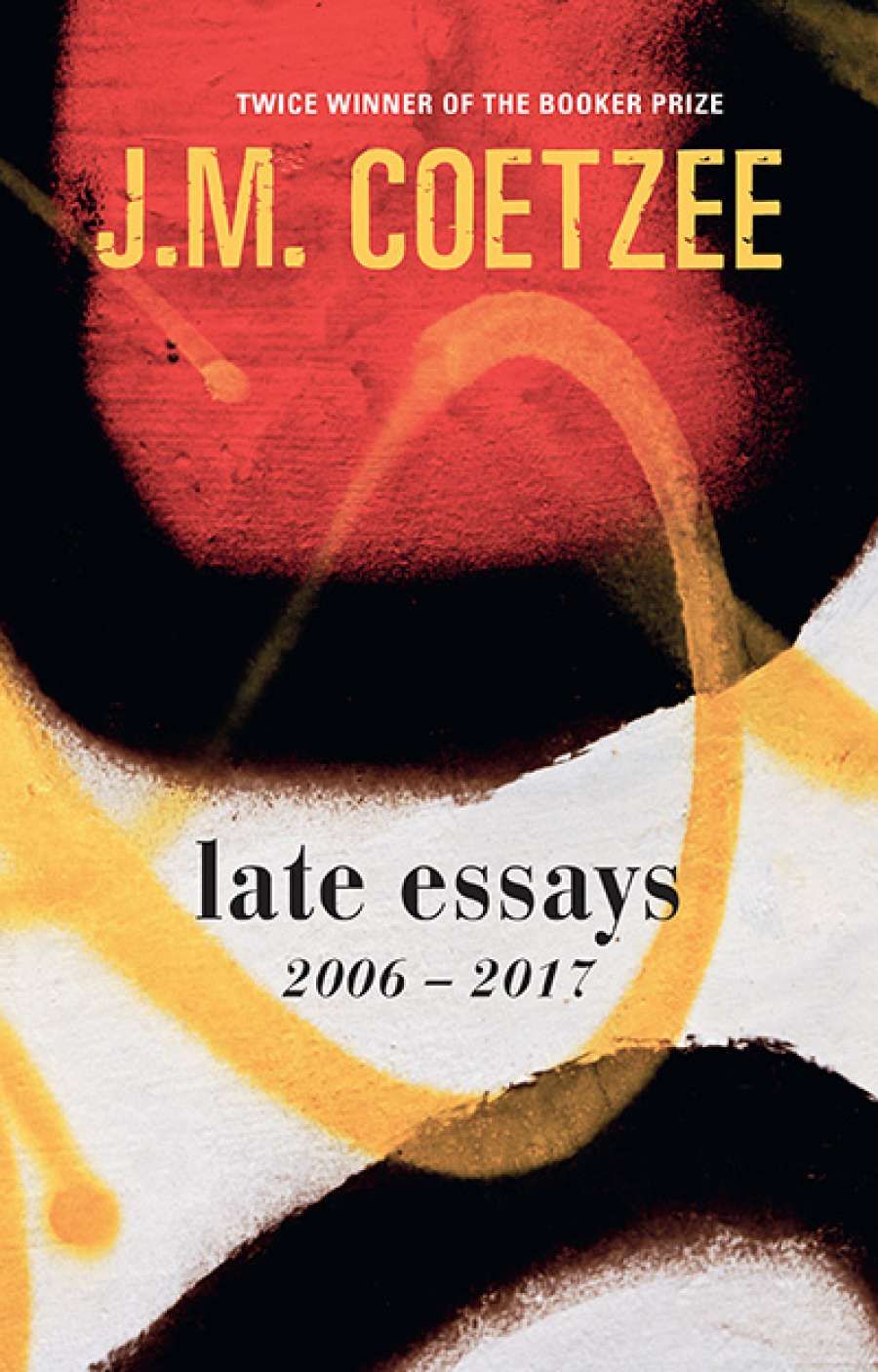
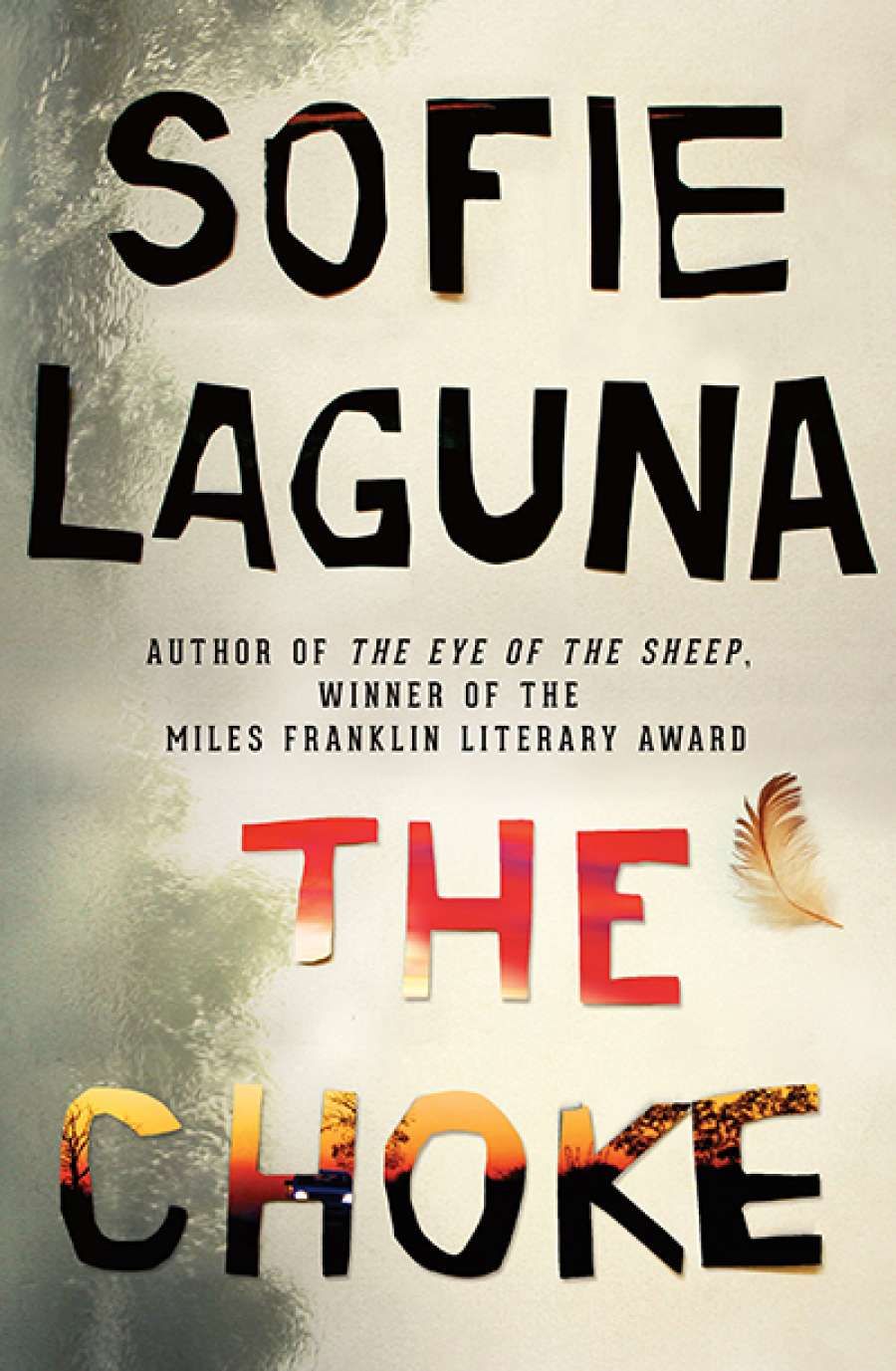
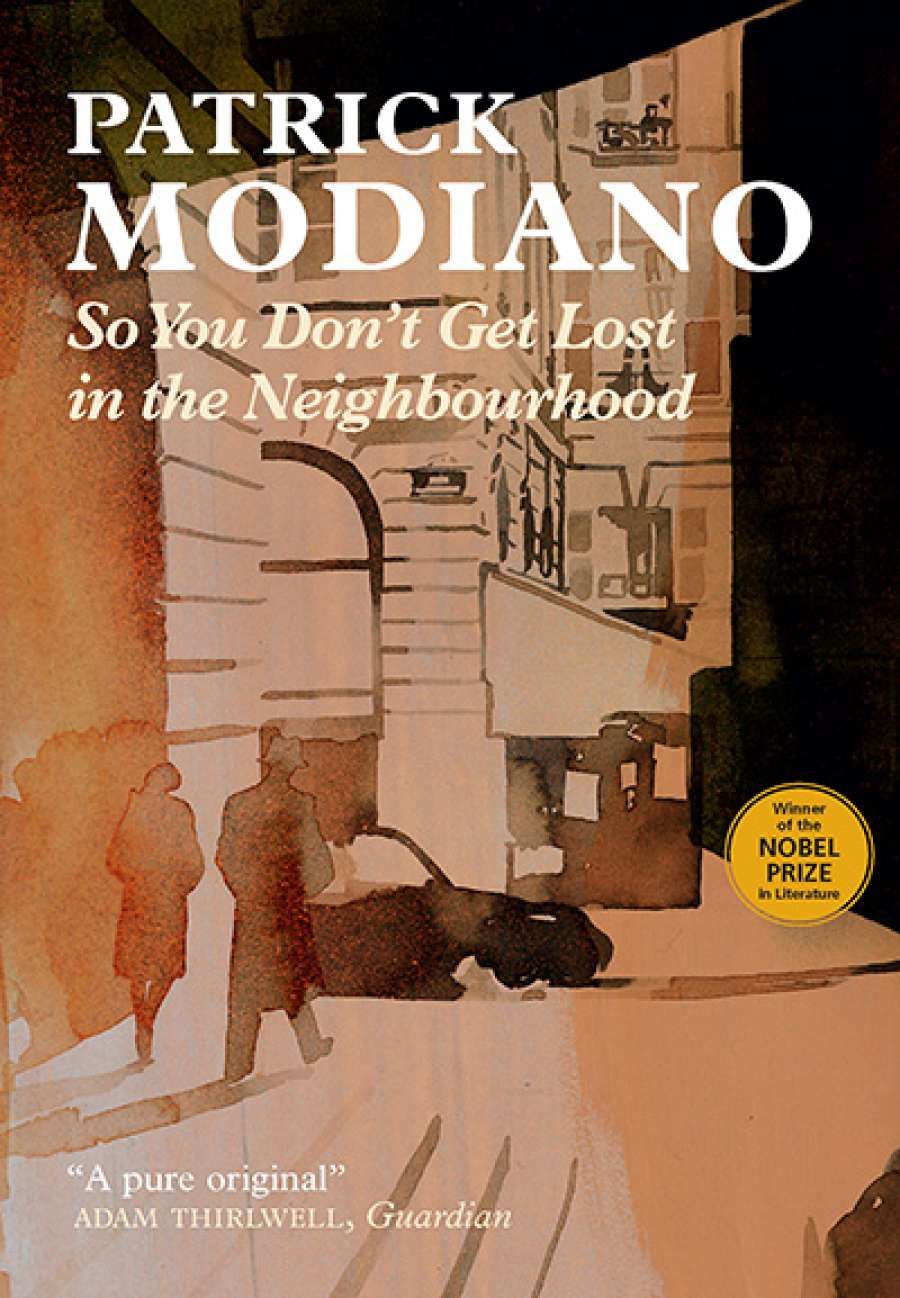
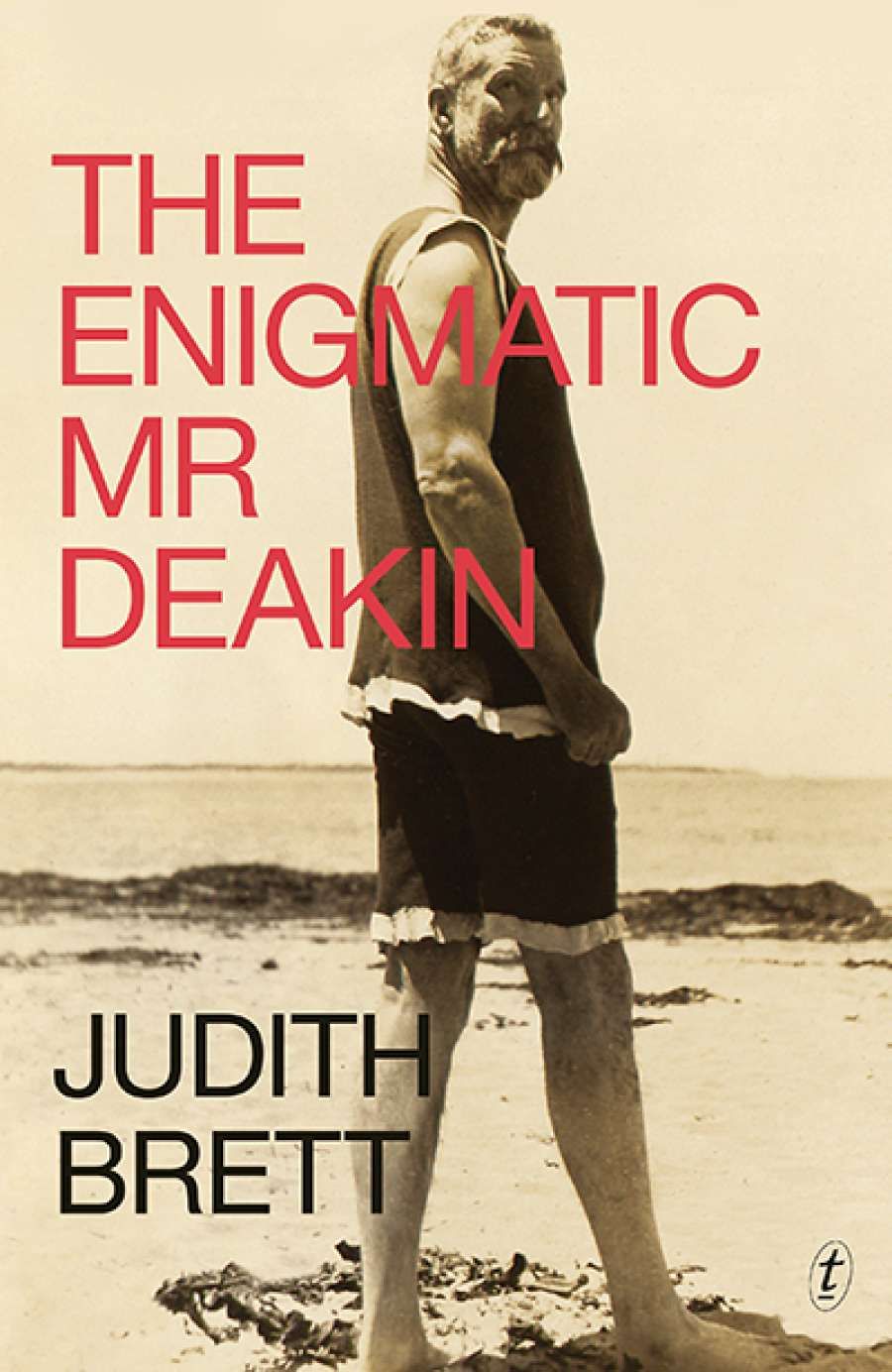

 But what of the next generation of Peter/Peta Porters? How to nourish and inspire younger poets? Thomas Mann once wrote, ‘Who is the poet? He whose life is symbolic.’ No one illustrated this better than William Wordsworth.
But what of the next generation of Peter/Peta Porters? How to nourish and inspire younger poets? Thomas Mann once wrote, ‘Who is the poet? He whose life is symbolic.’ No one illustrated this better than William Wordsworth. 
 It’s excellent to have a new, inexpensive, but still colour-illustrated edition of Inga Clendinnen’s indispensable book Dancing with Strangers, which won several prizes on publication in 2003. James Boyce, introducing the new
It’s excellent to have a new, inexpensive, but still colour-illustrated edition of Inga Clendinnen’s indispensable book Dancing with Strangers, which won several prizes on publication in 2003. James Boyce, introducing the new 
 In 1971 I founded the weekly newspaper that became Nation Review. Soon afterwards my proprietor, Gordon Barton, acquired Angus & Robertson and offered me the job of running the publishing company. I jumped at the opportunity.
In 1971 I founded the weekly newspaper that became Nation Review. Soon afterwards my proprietor, Gordon Barton, acquired Angus & Robertson and offered me the job of running the publishing company. I jumped at the opportunity.